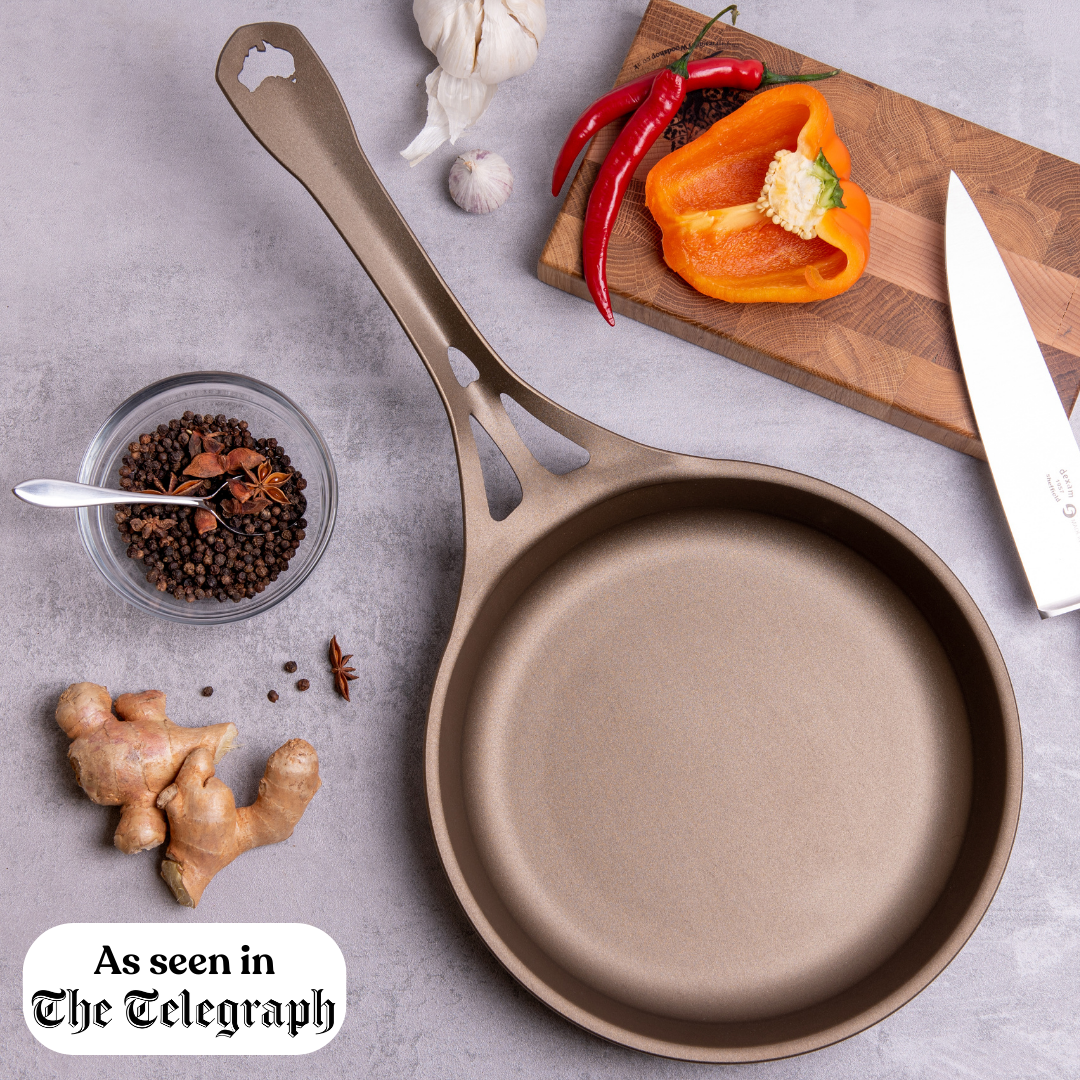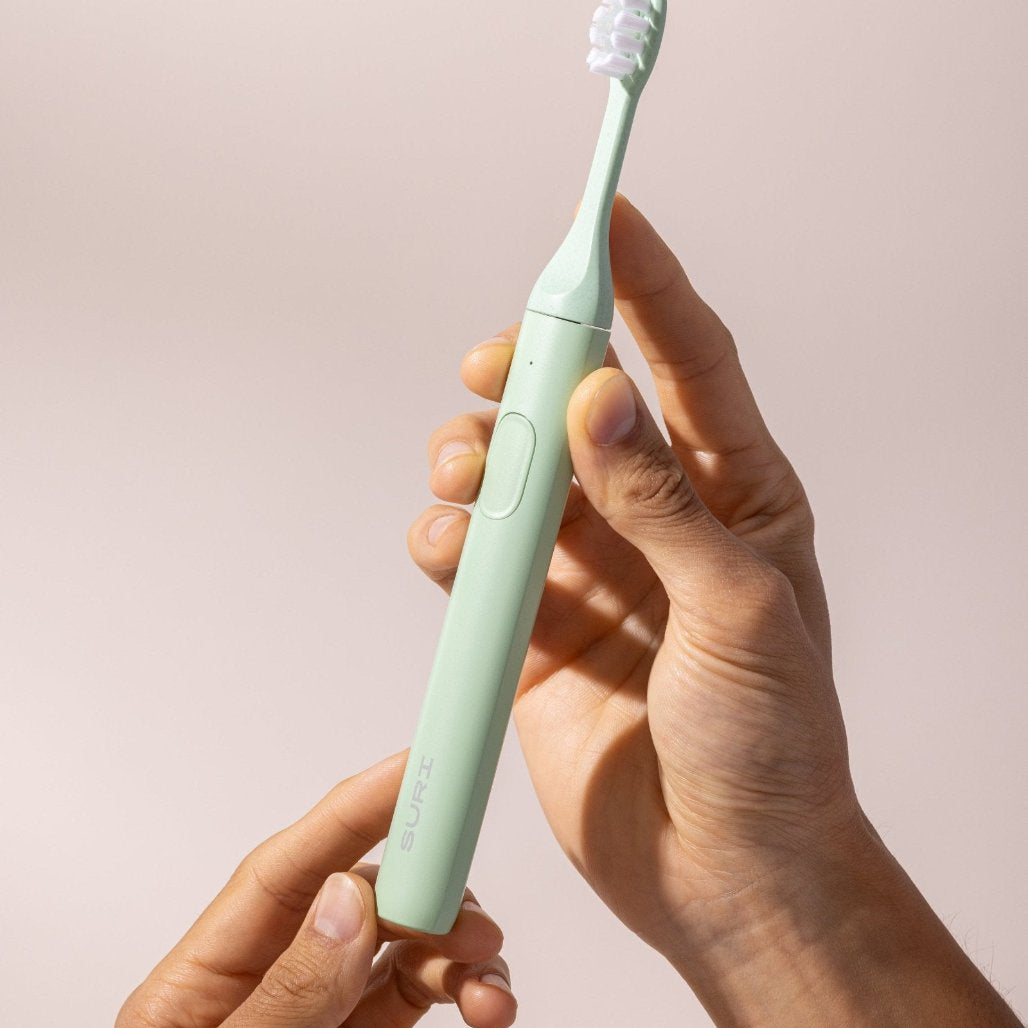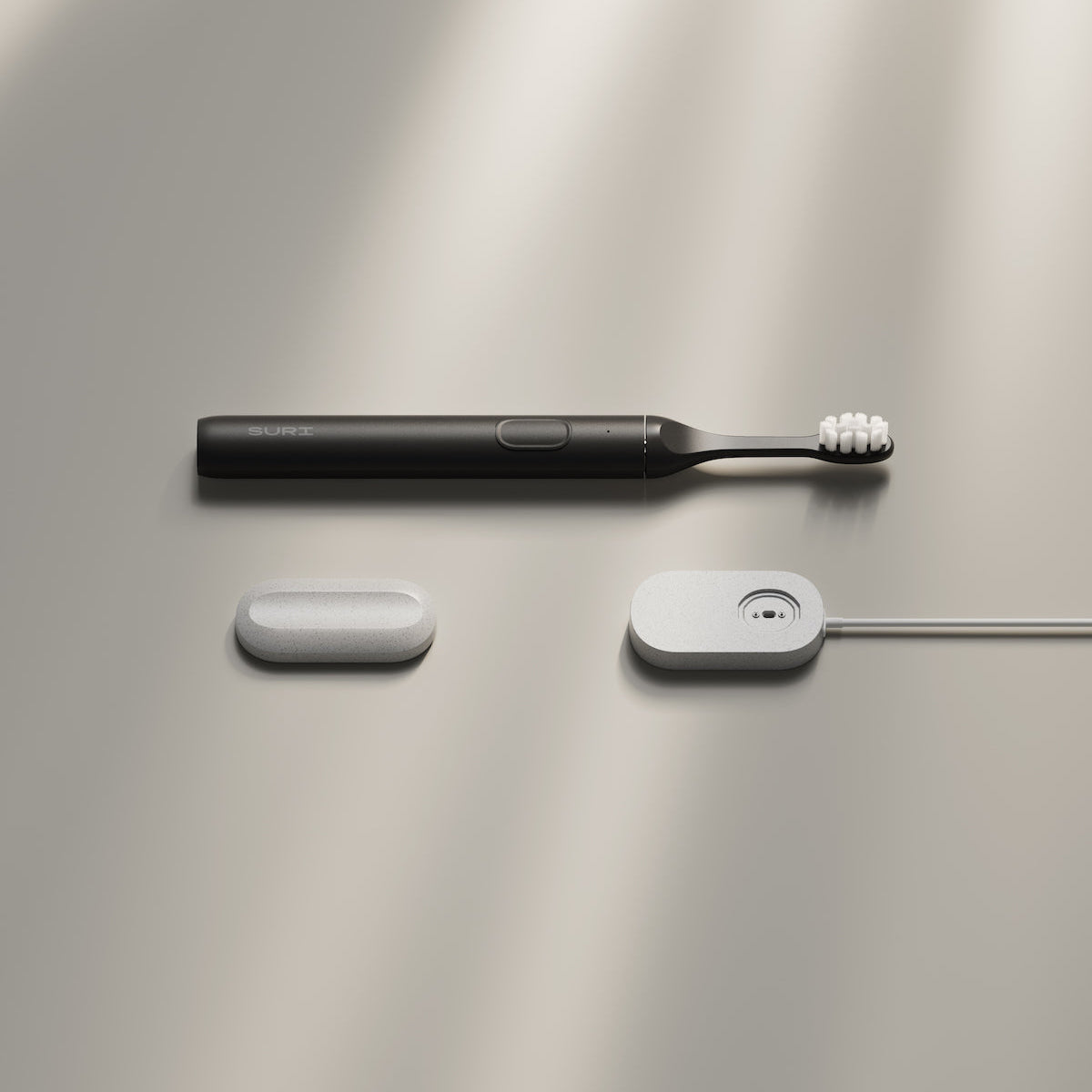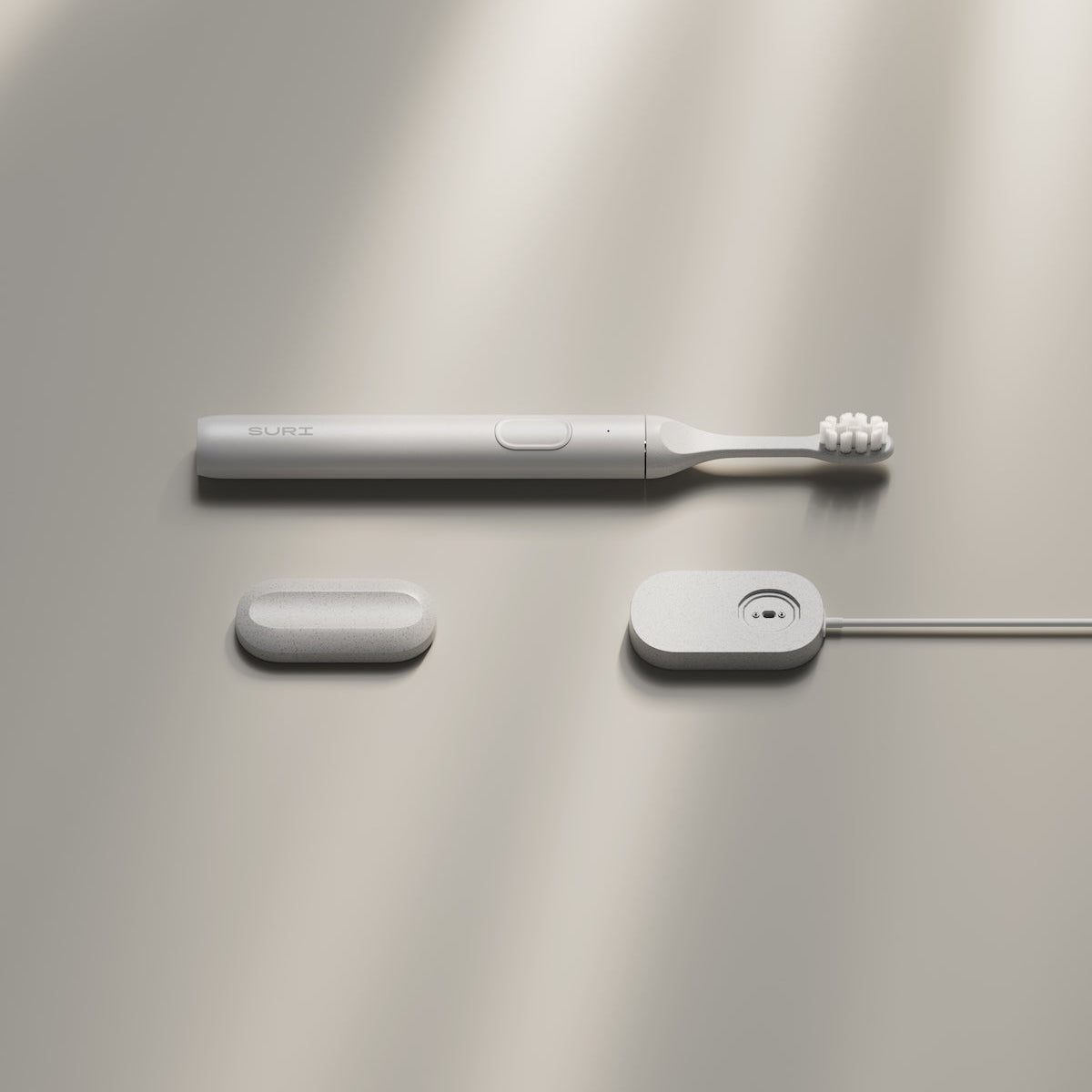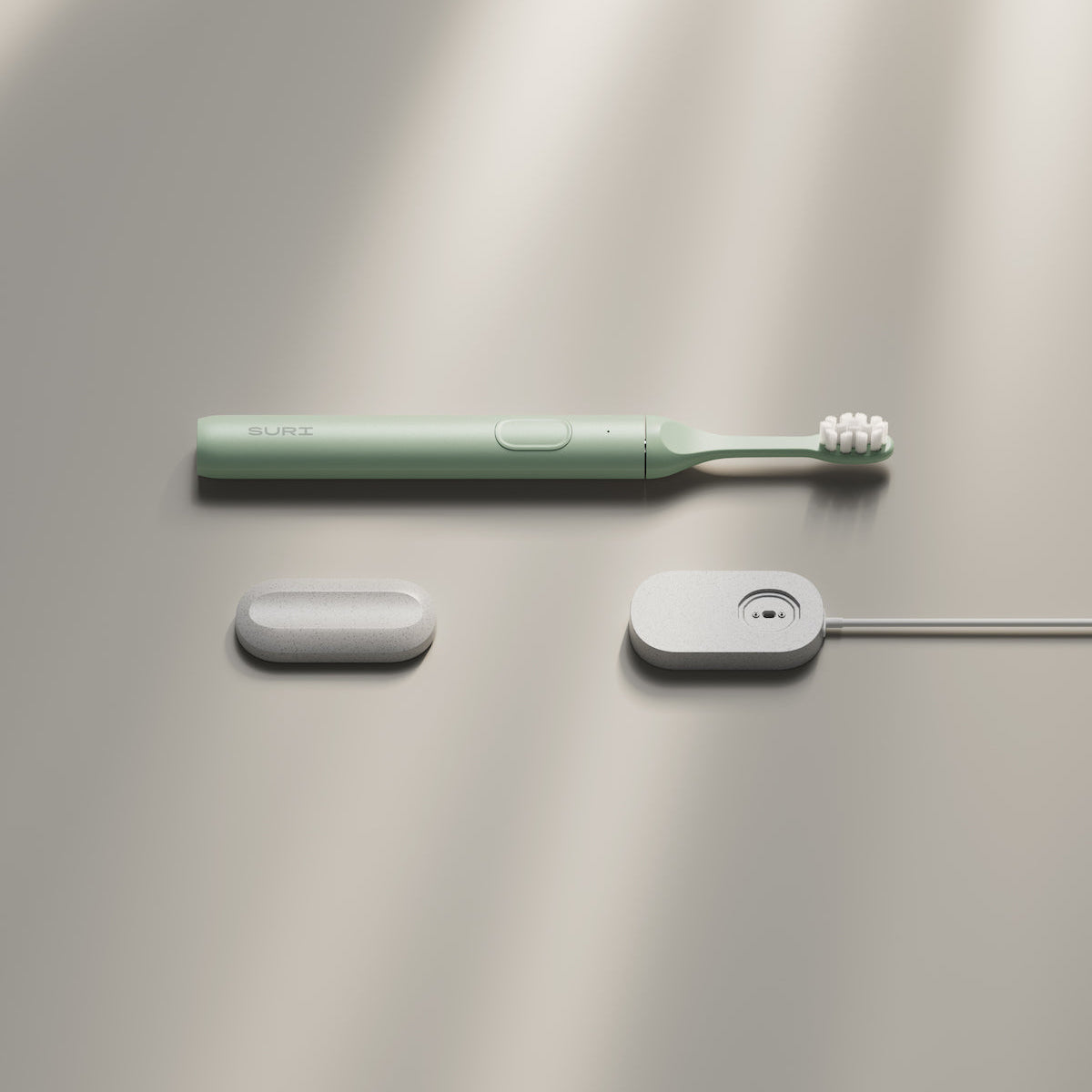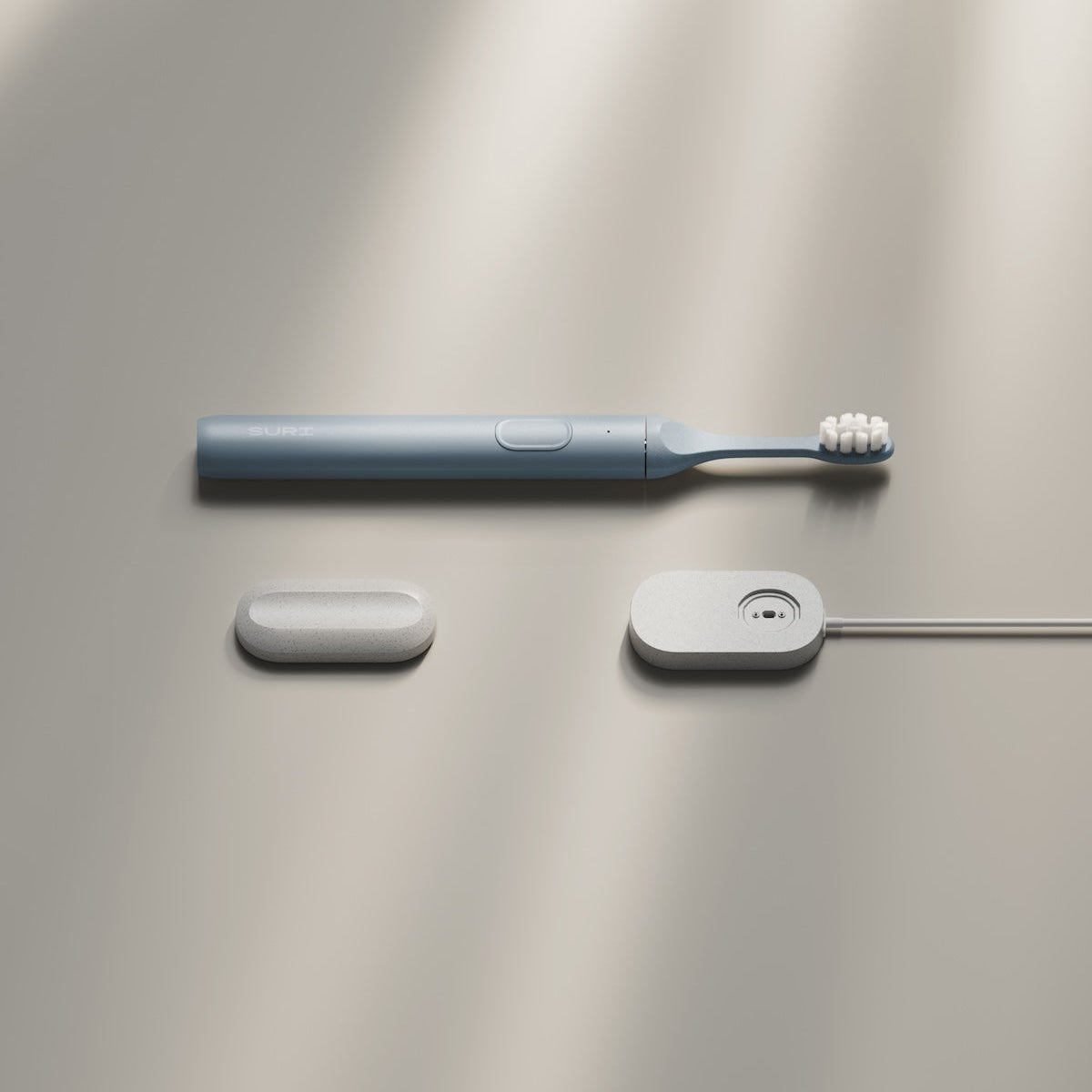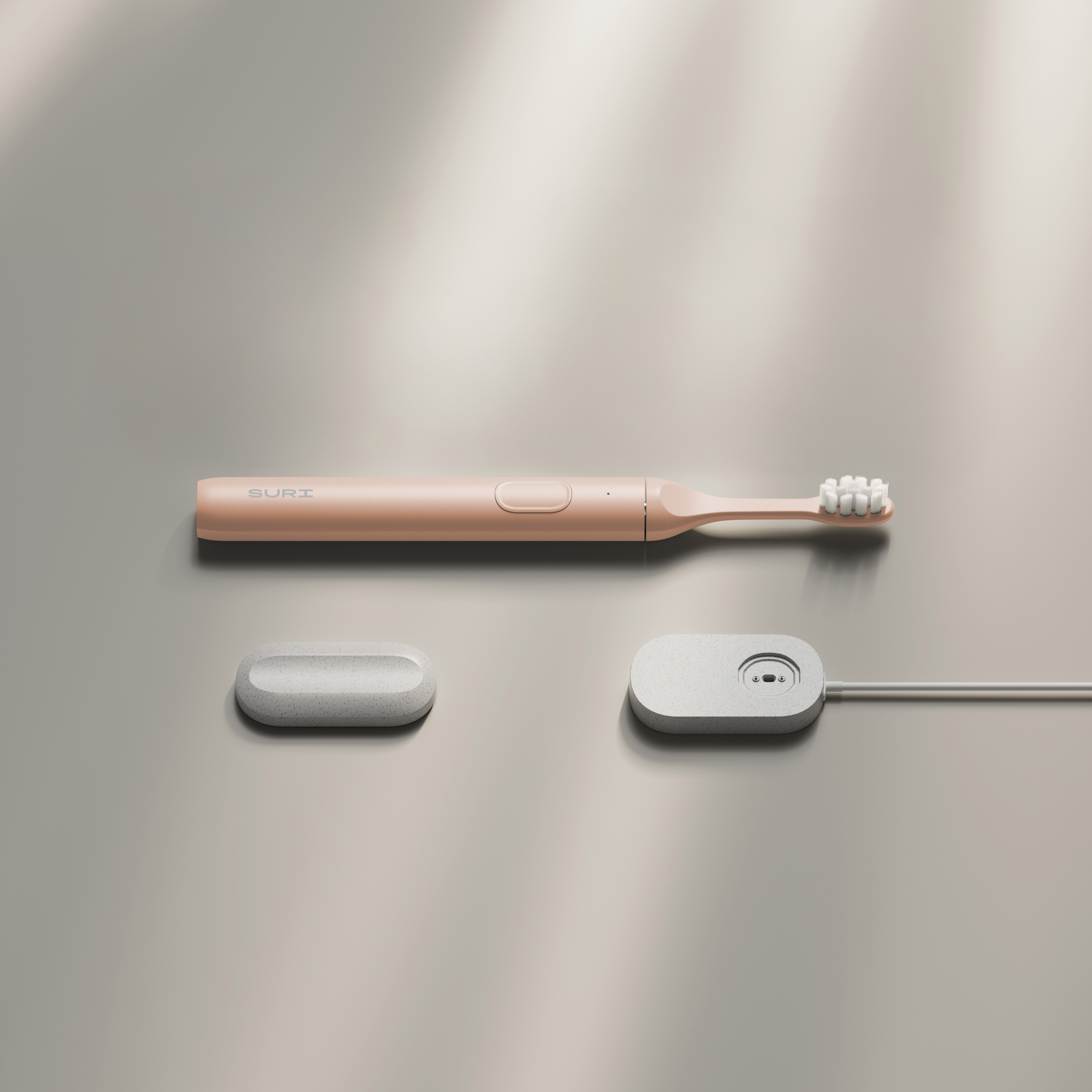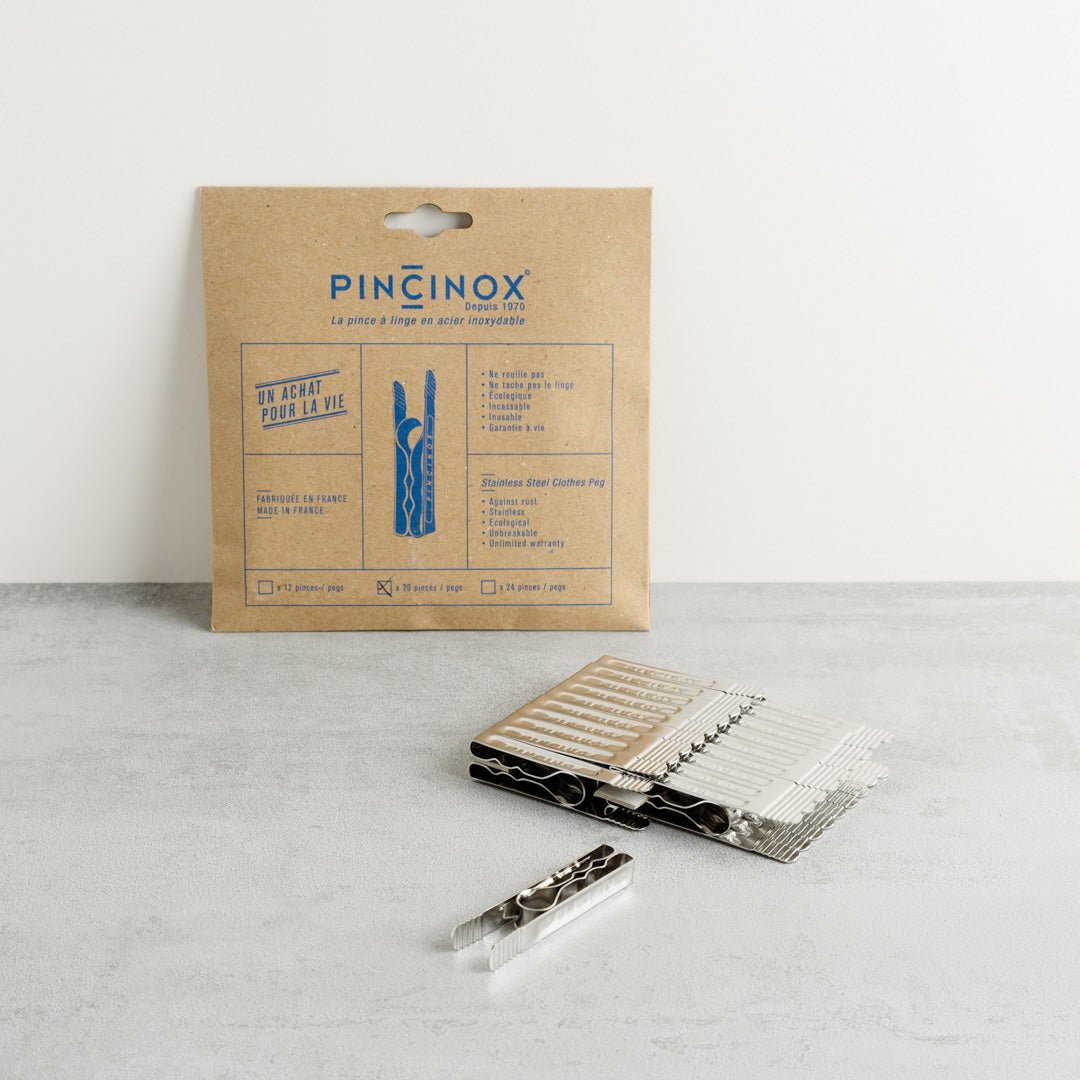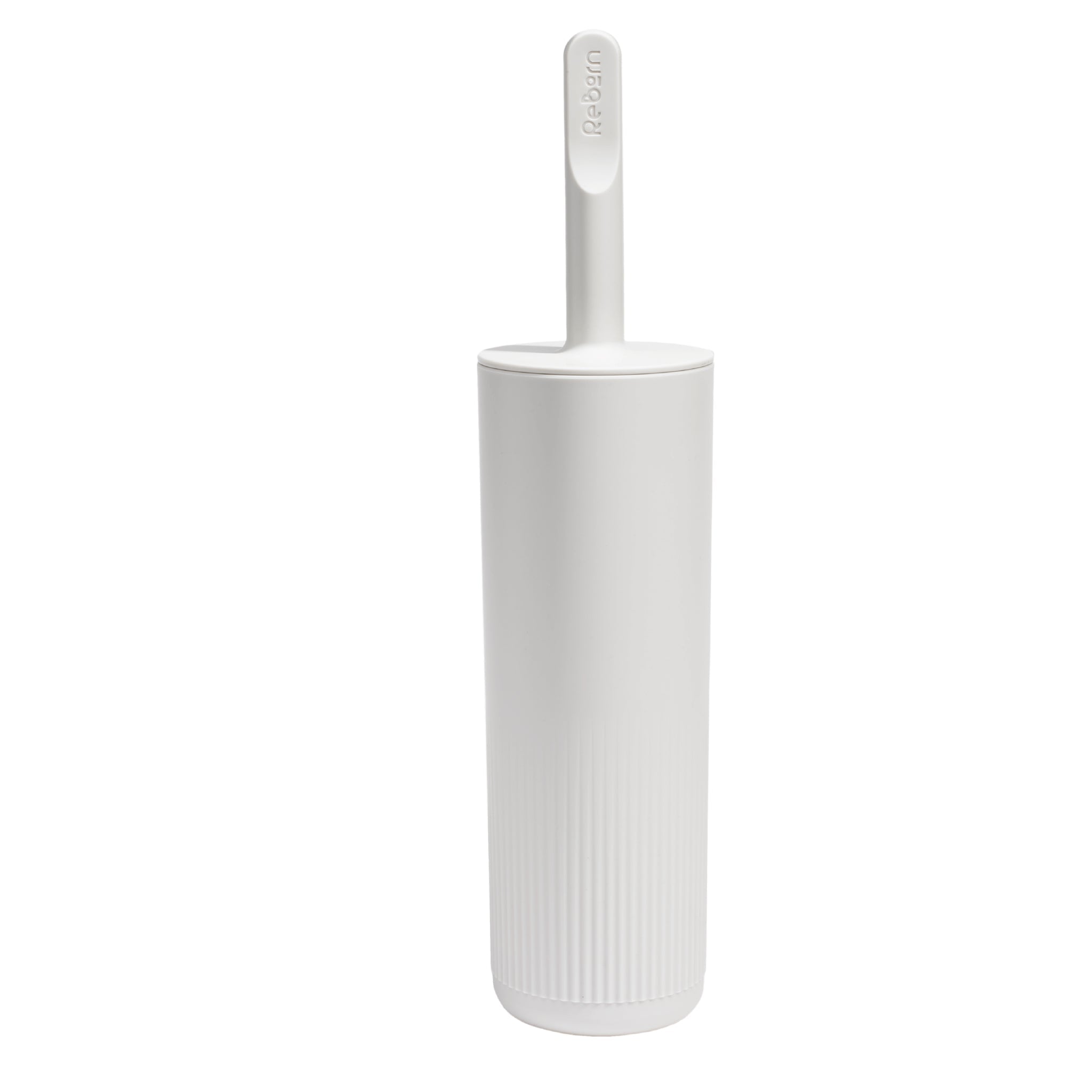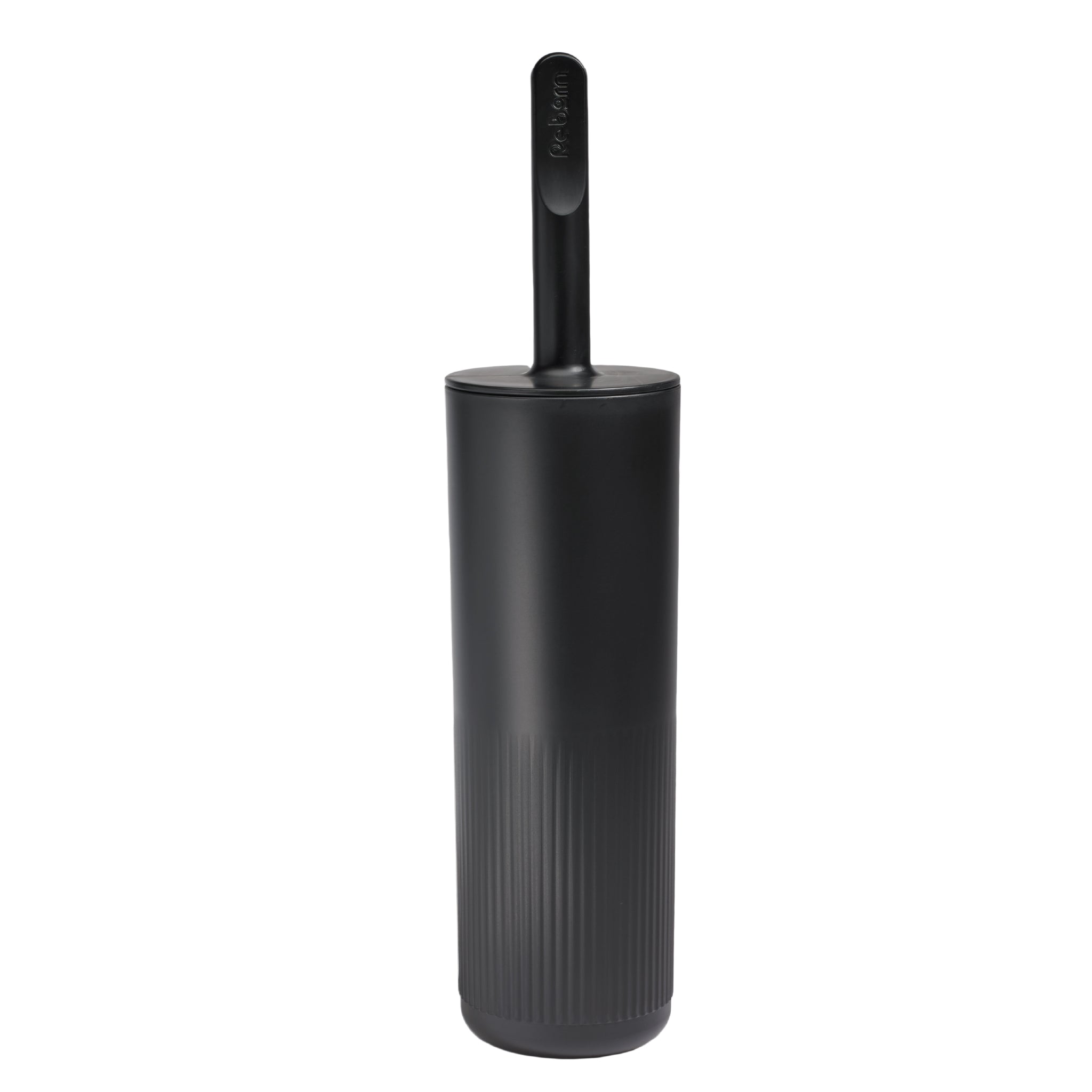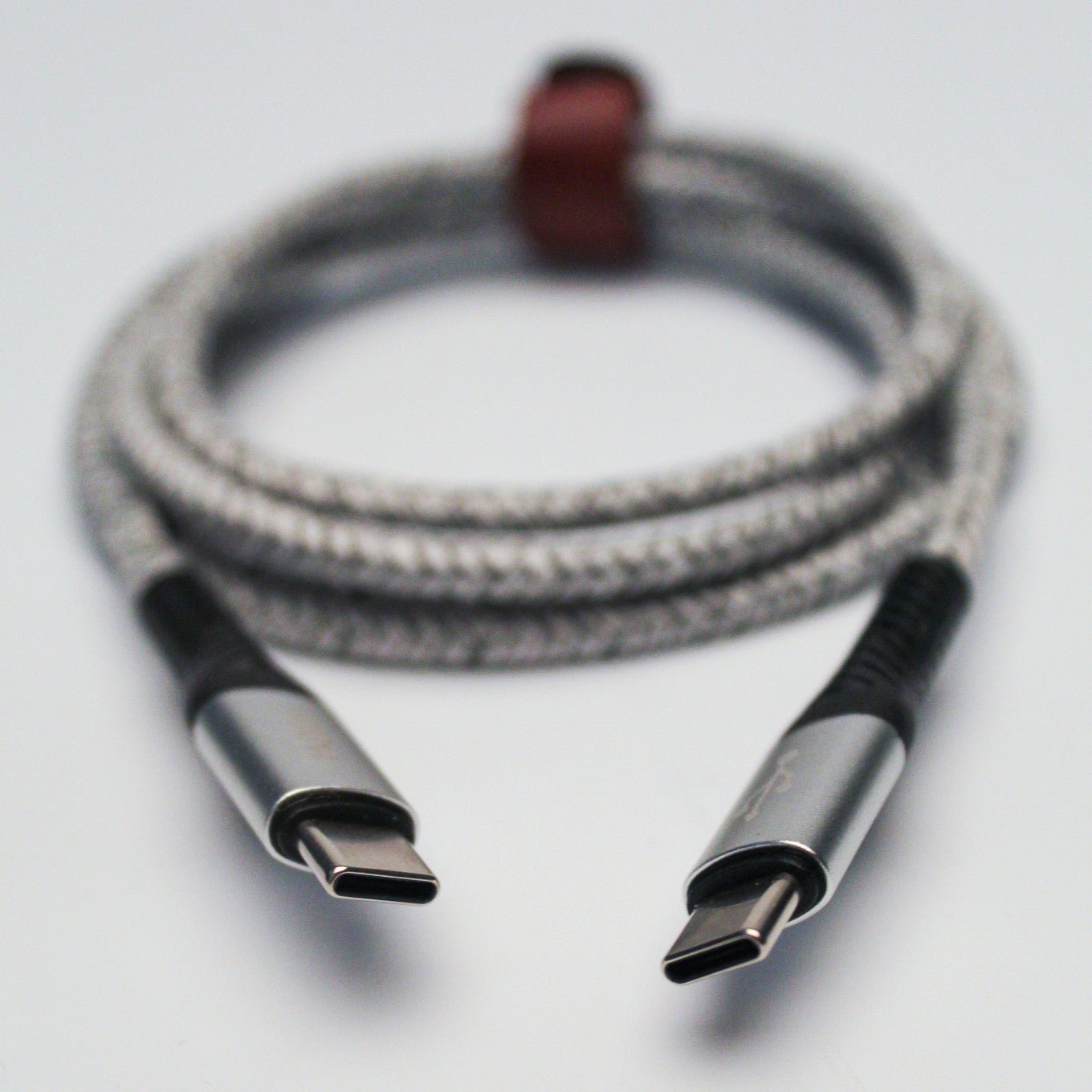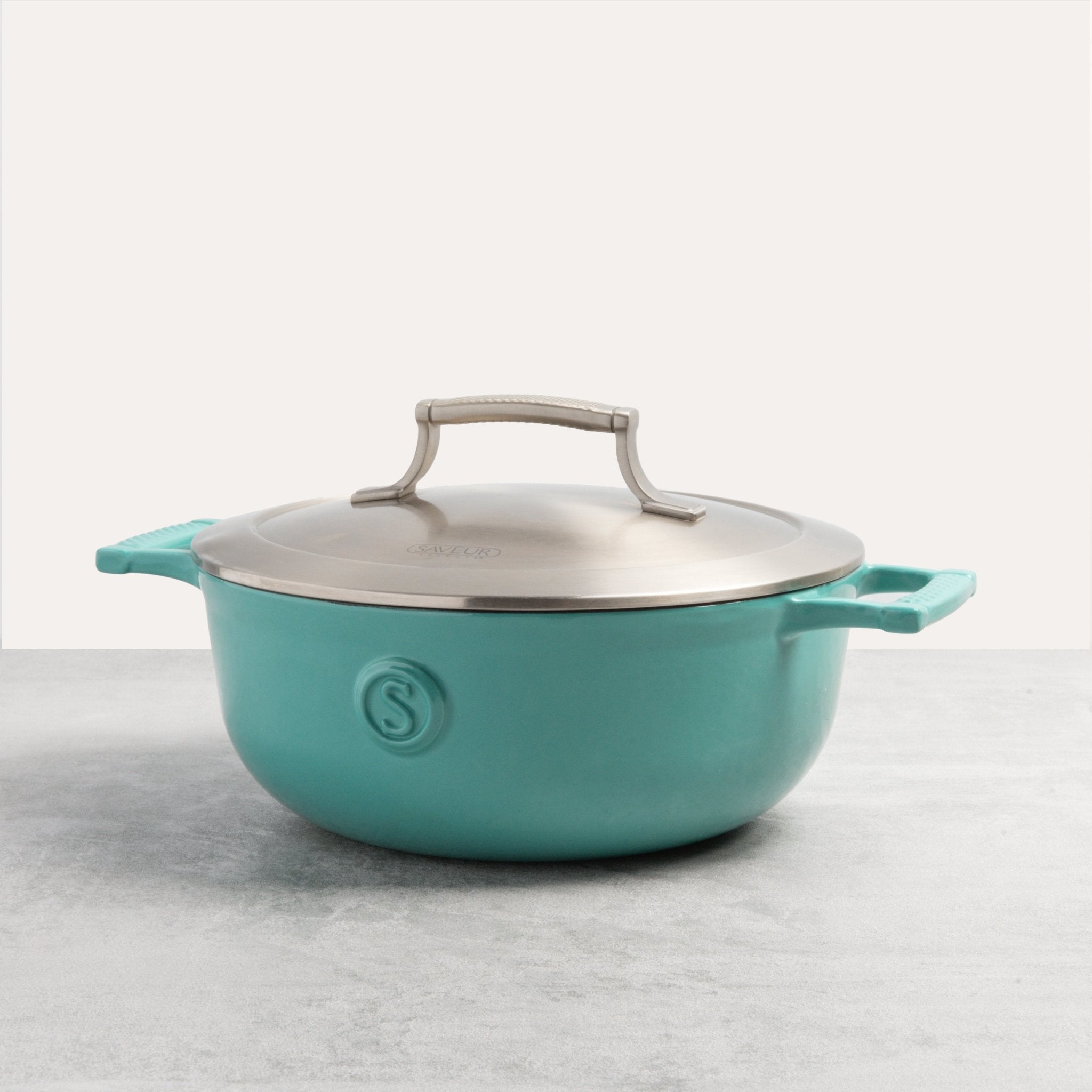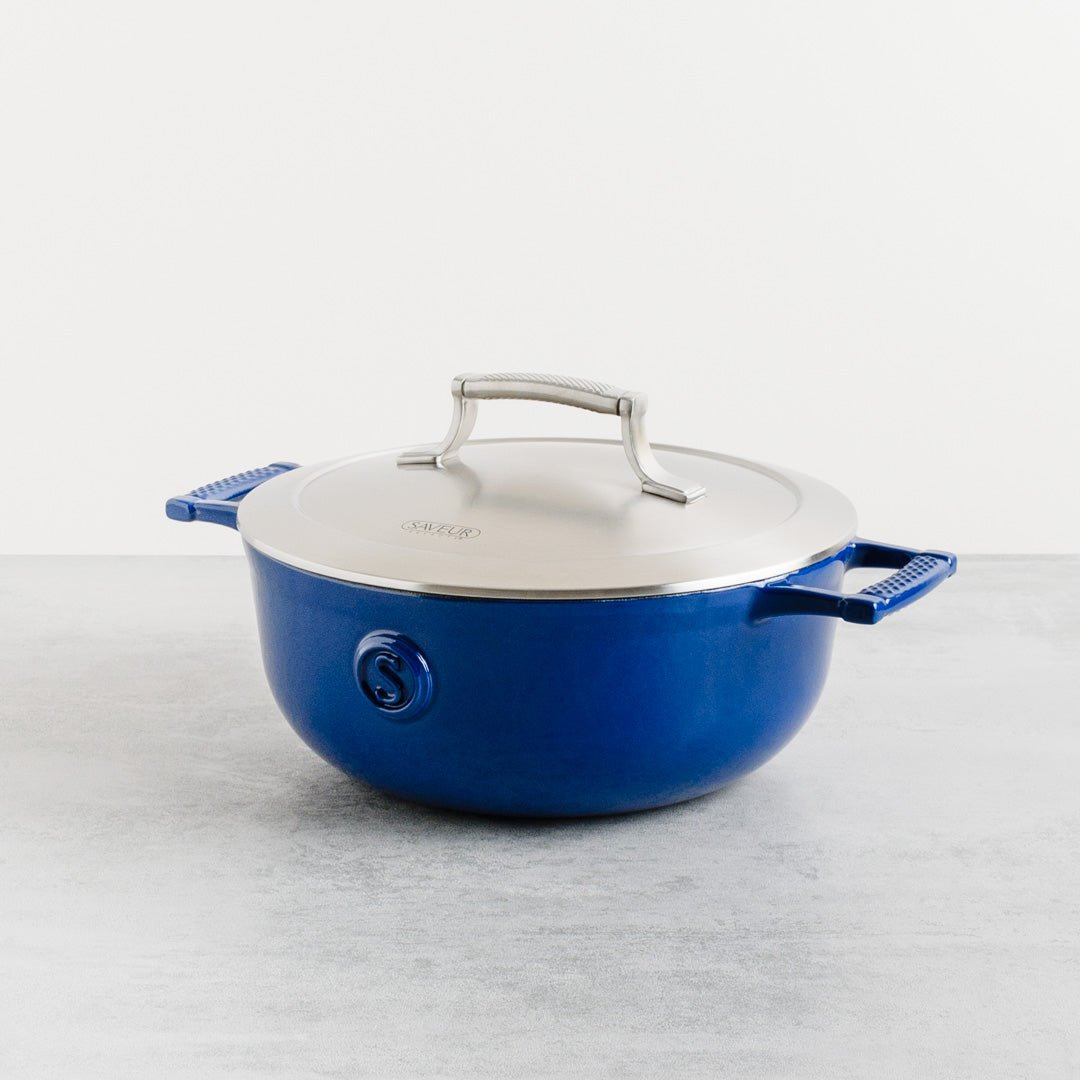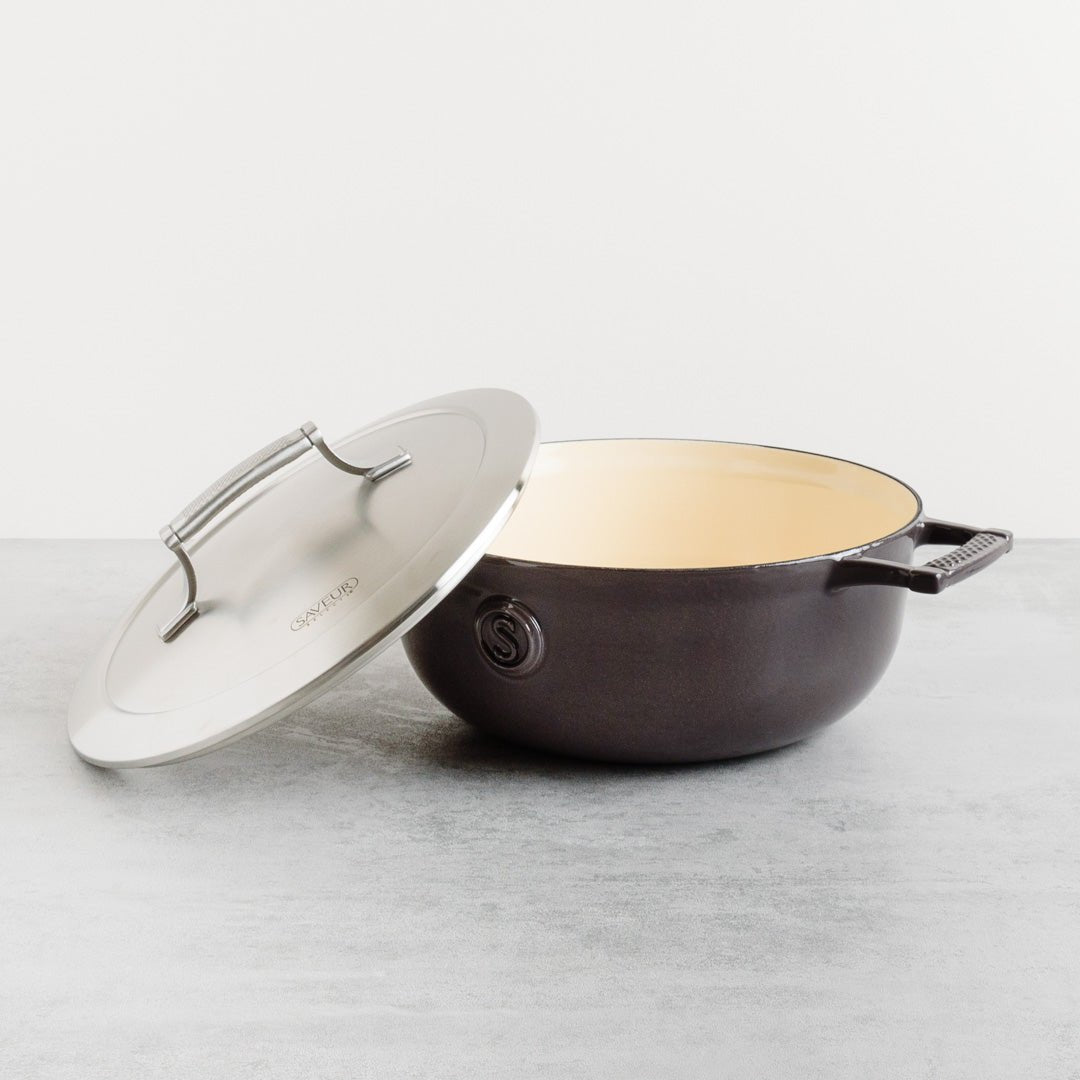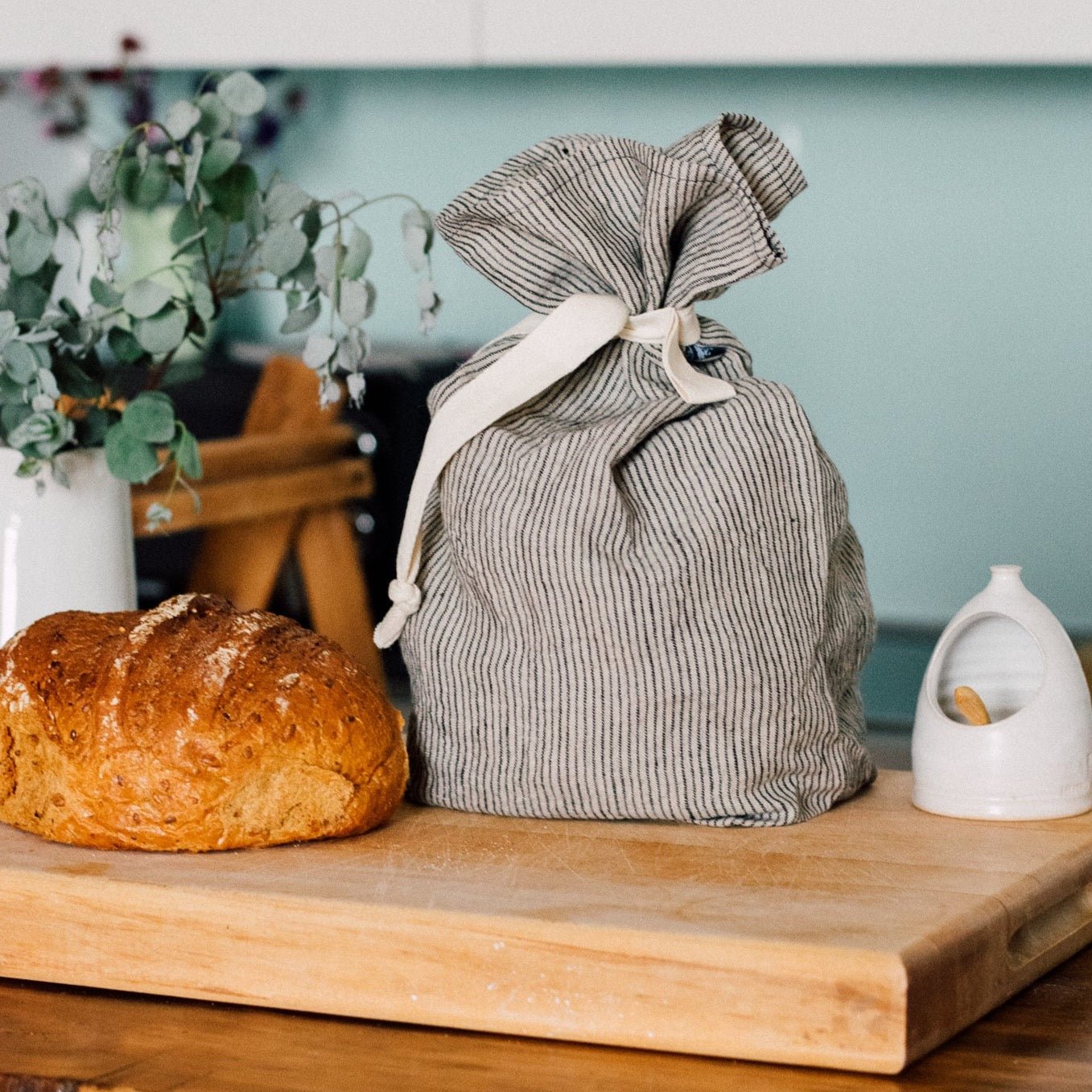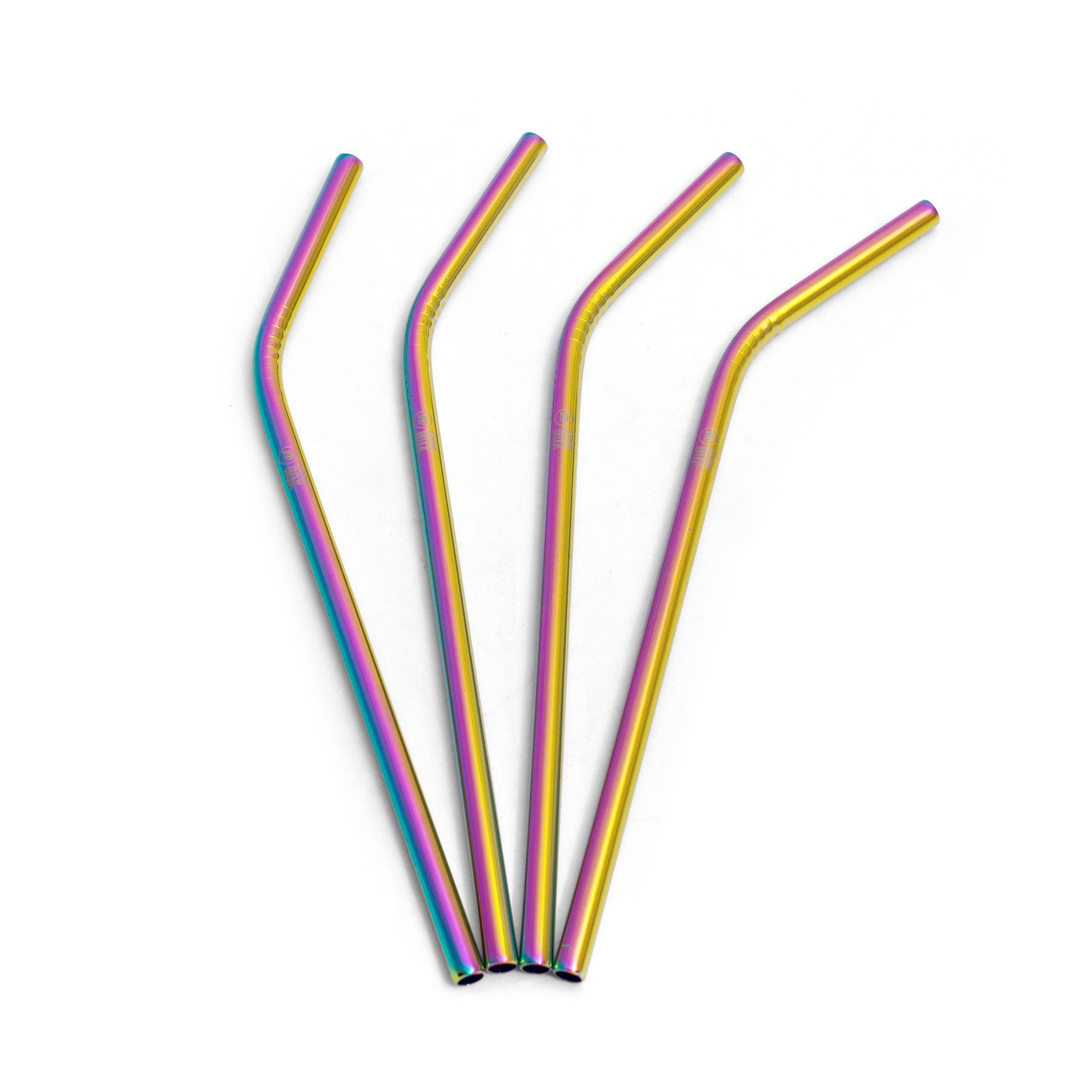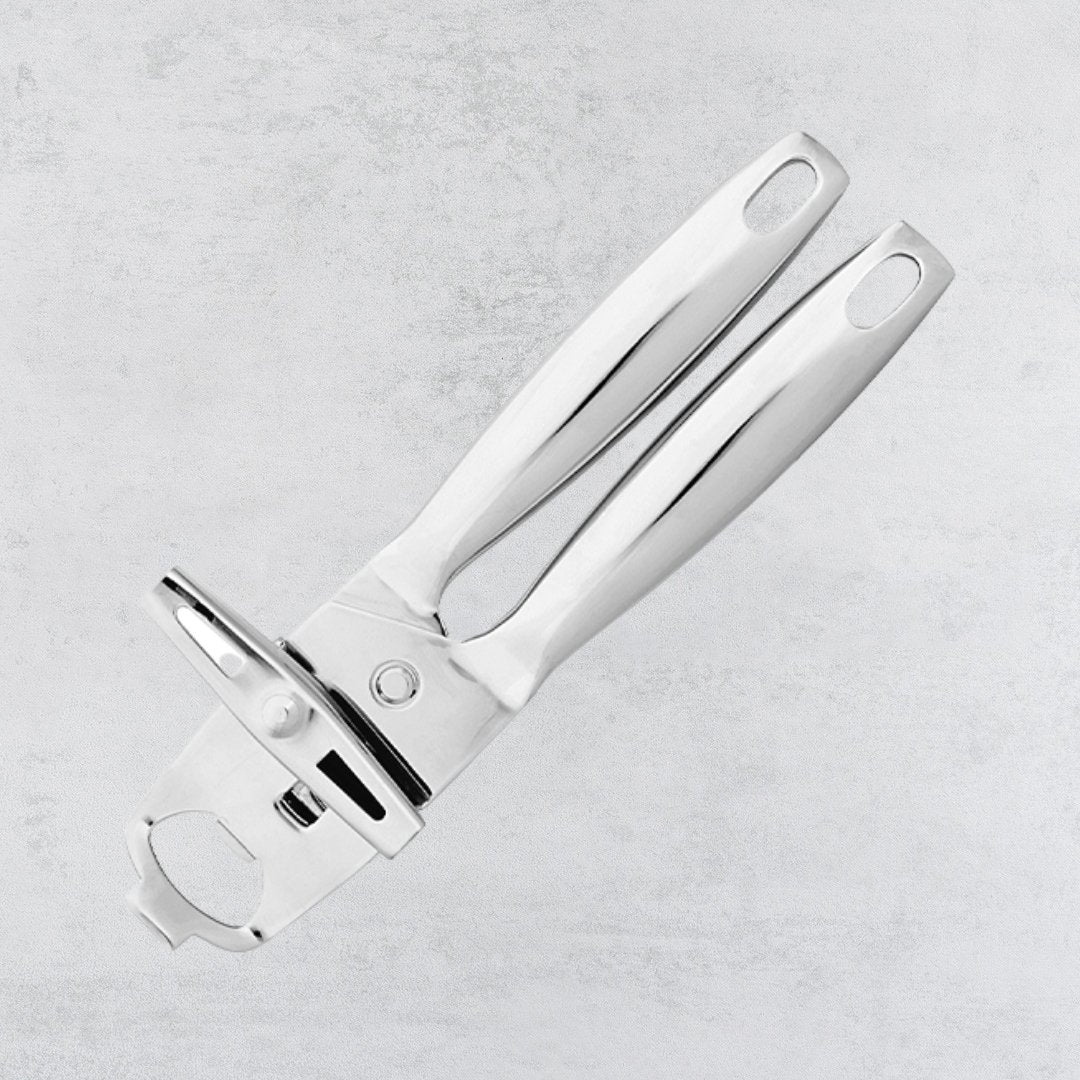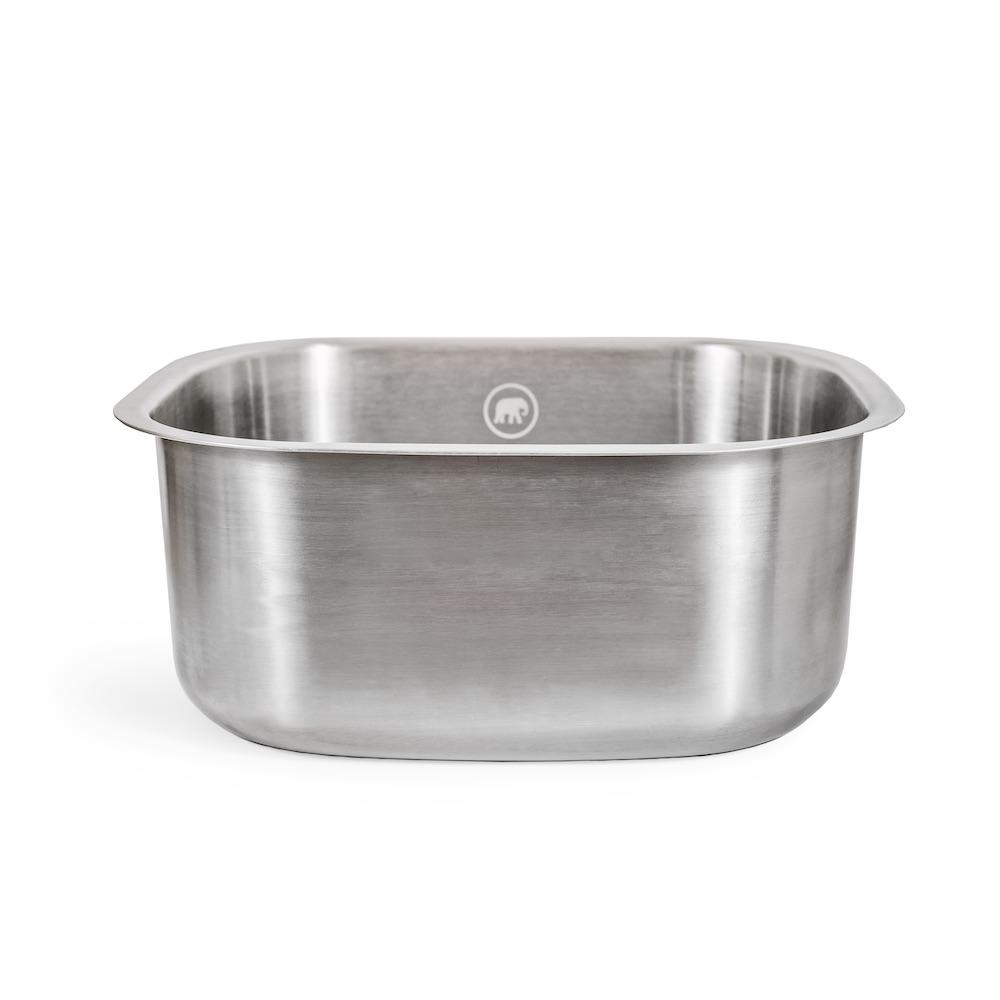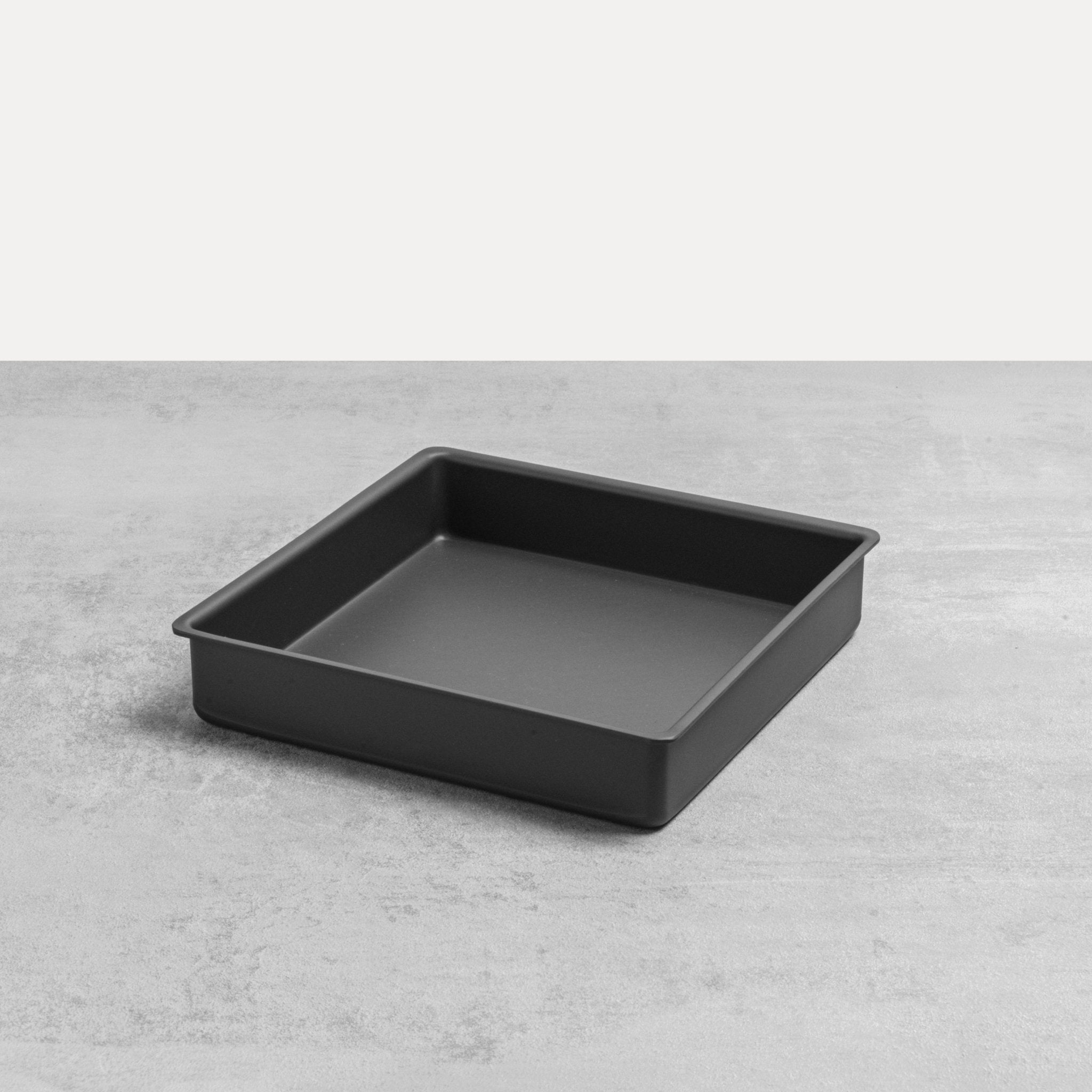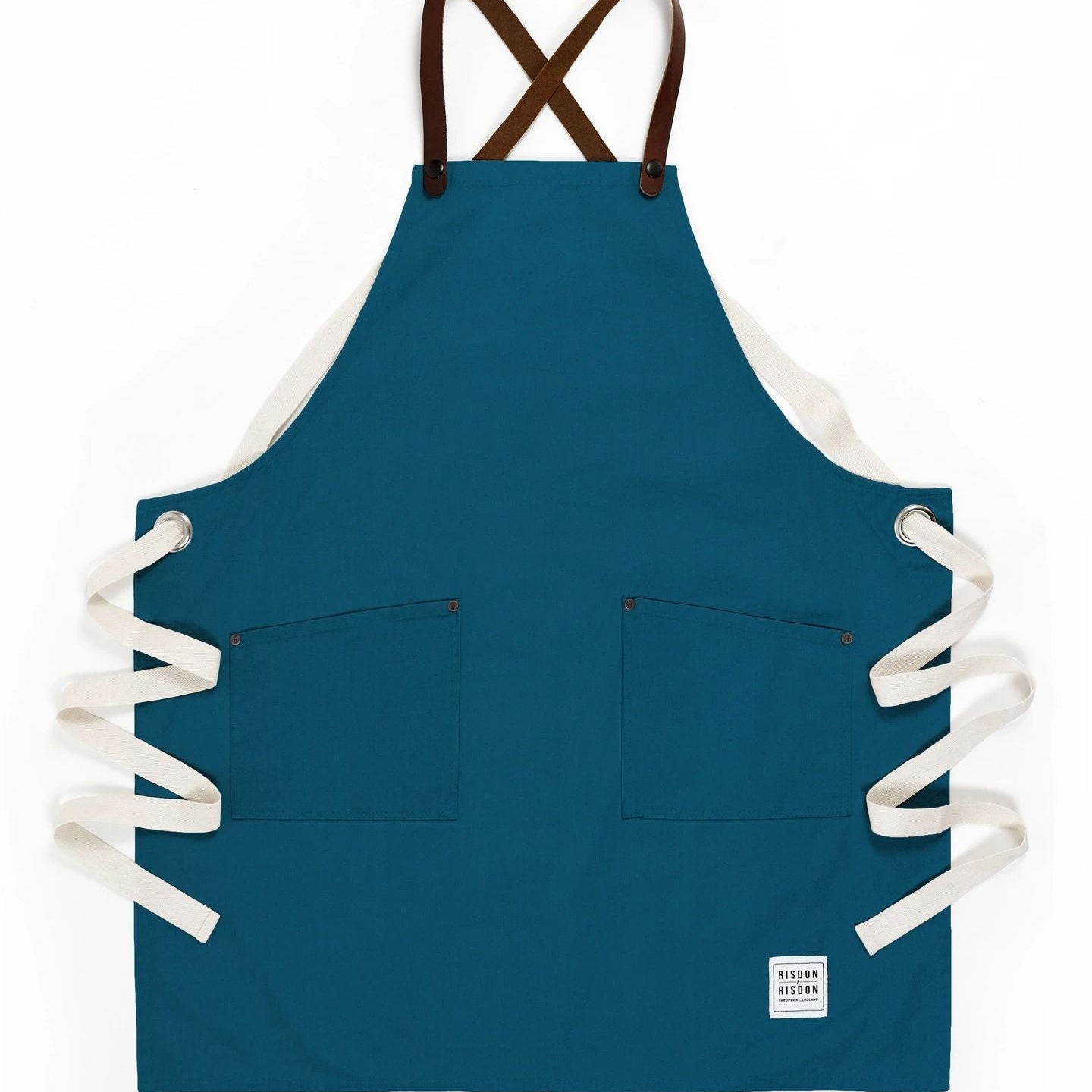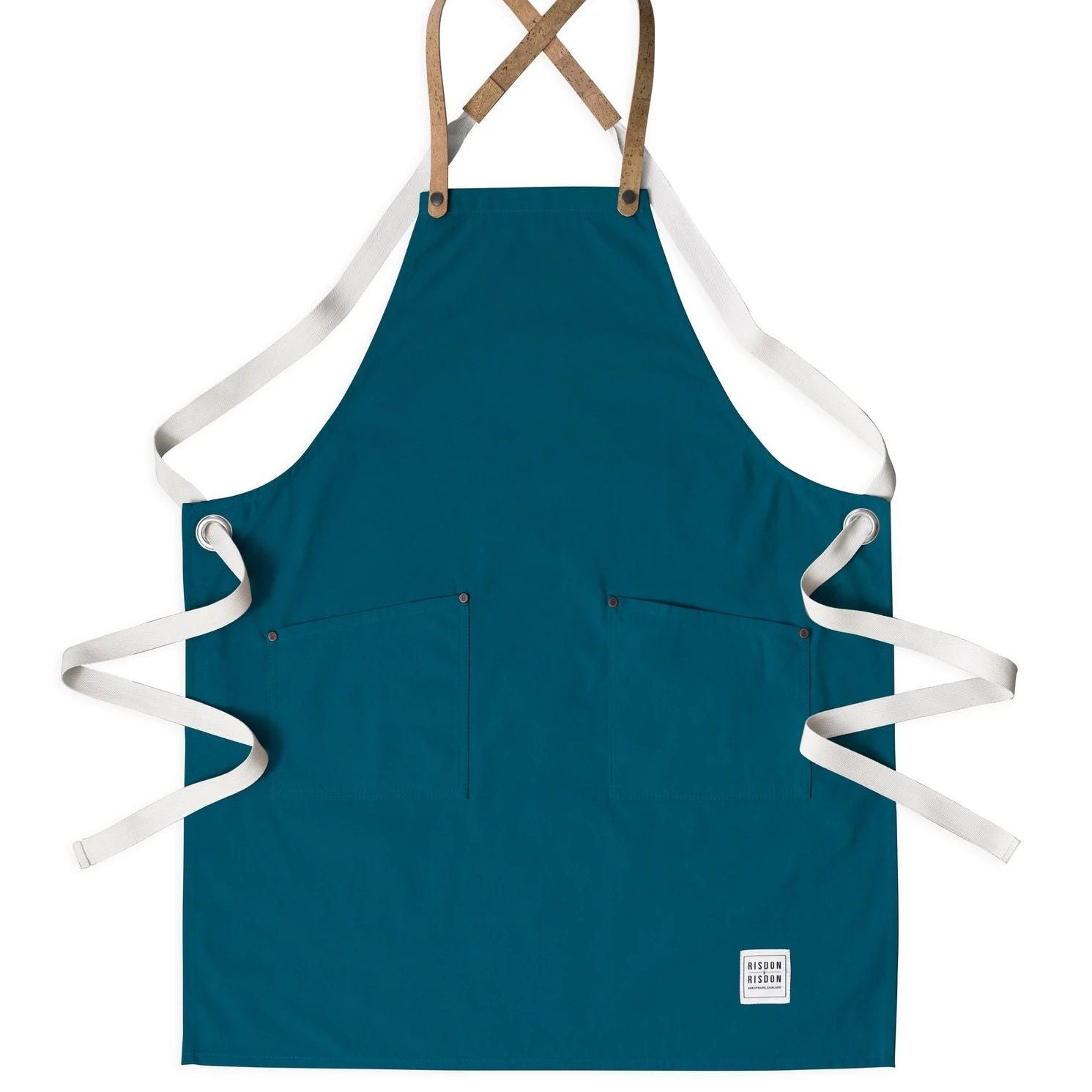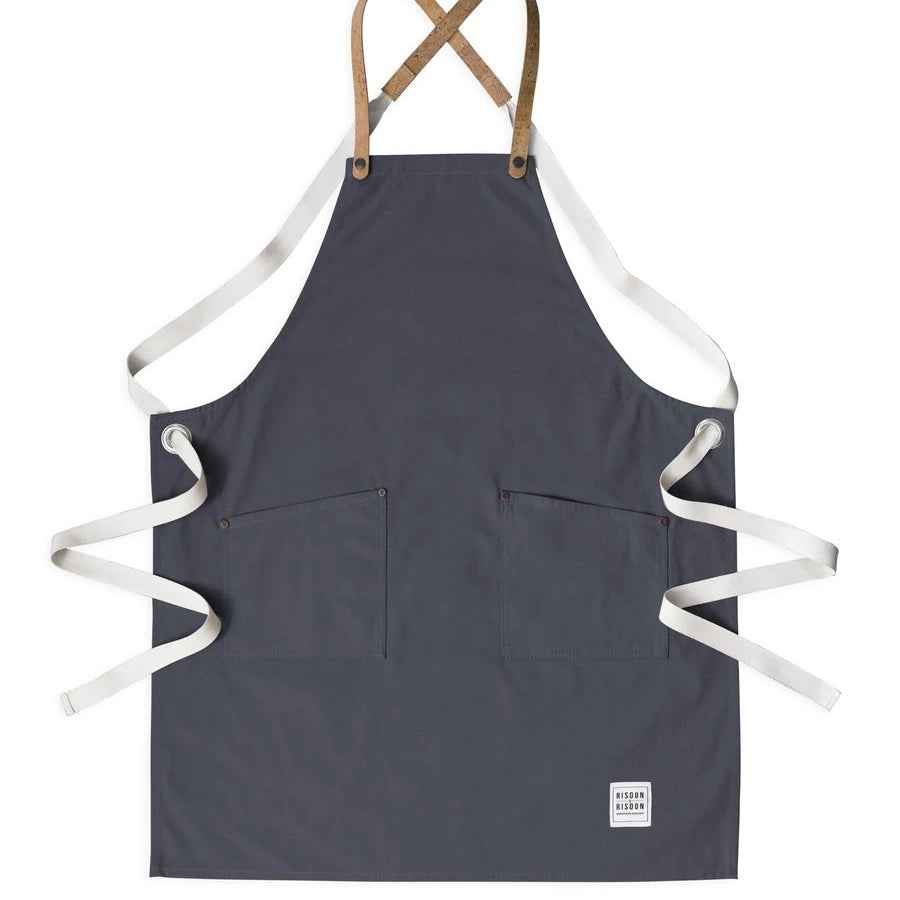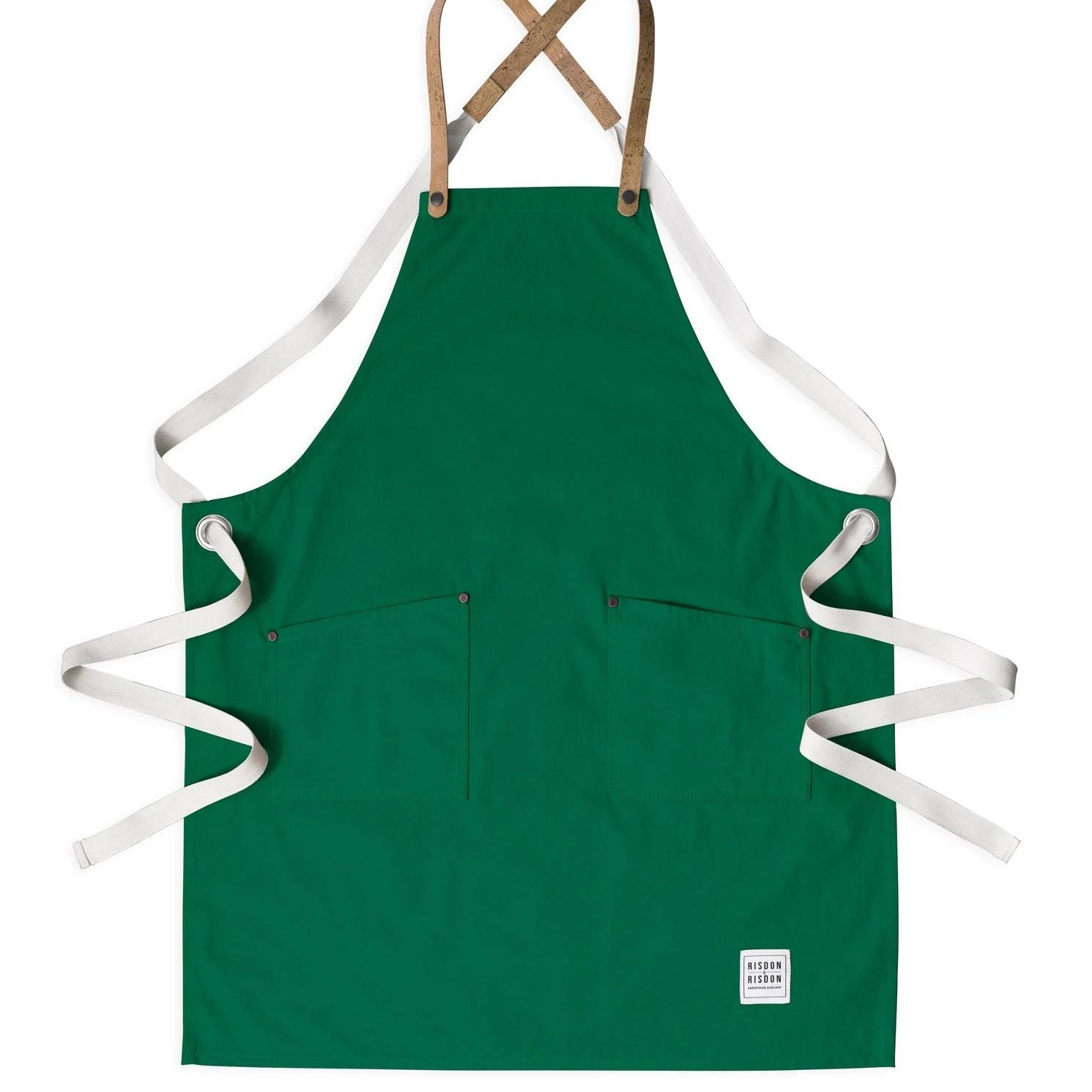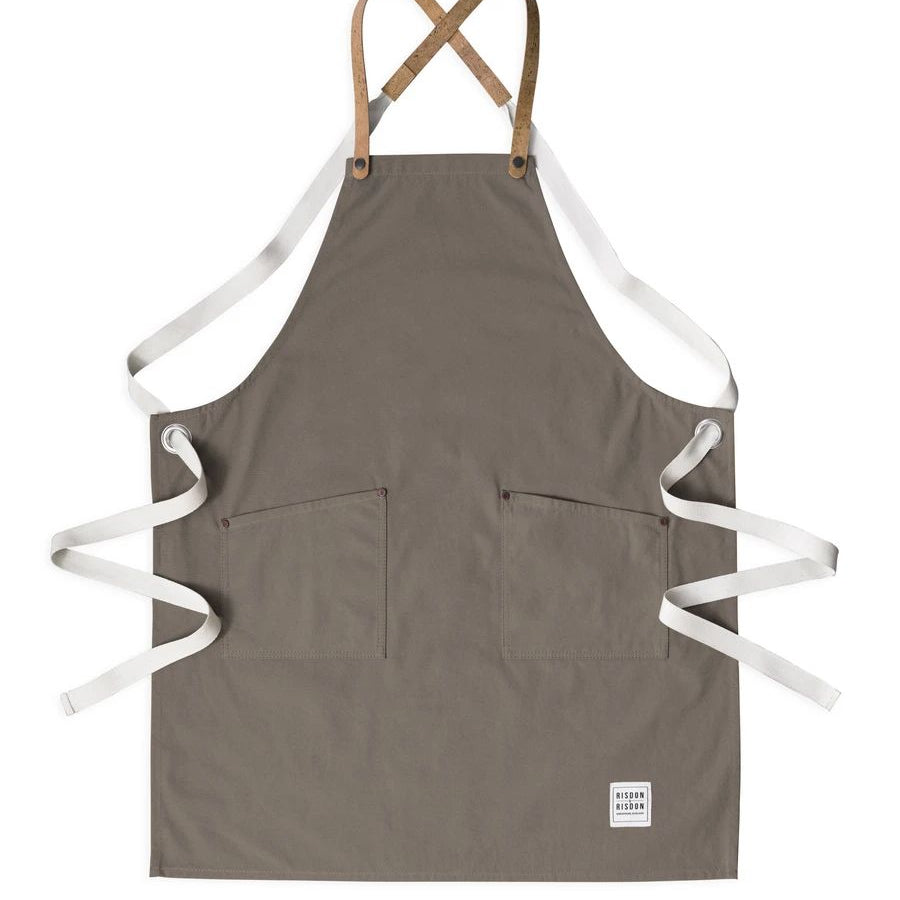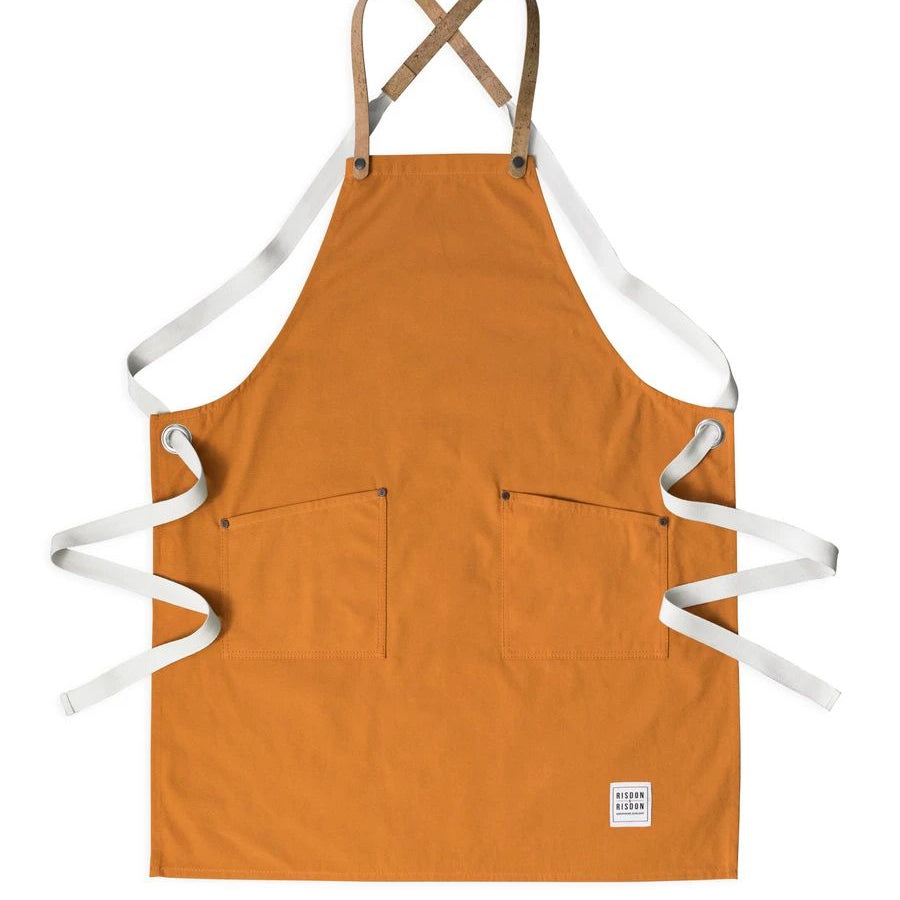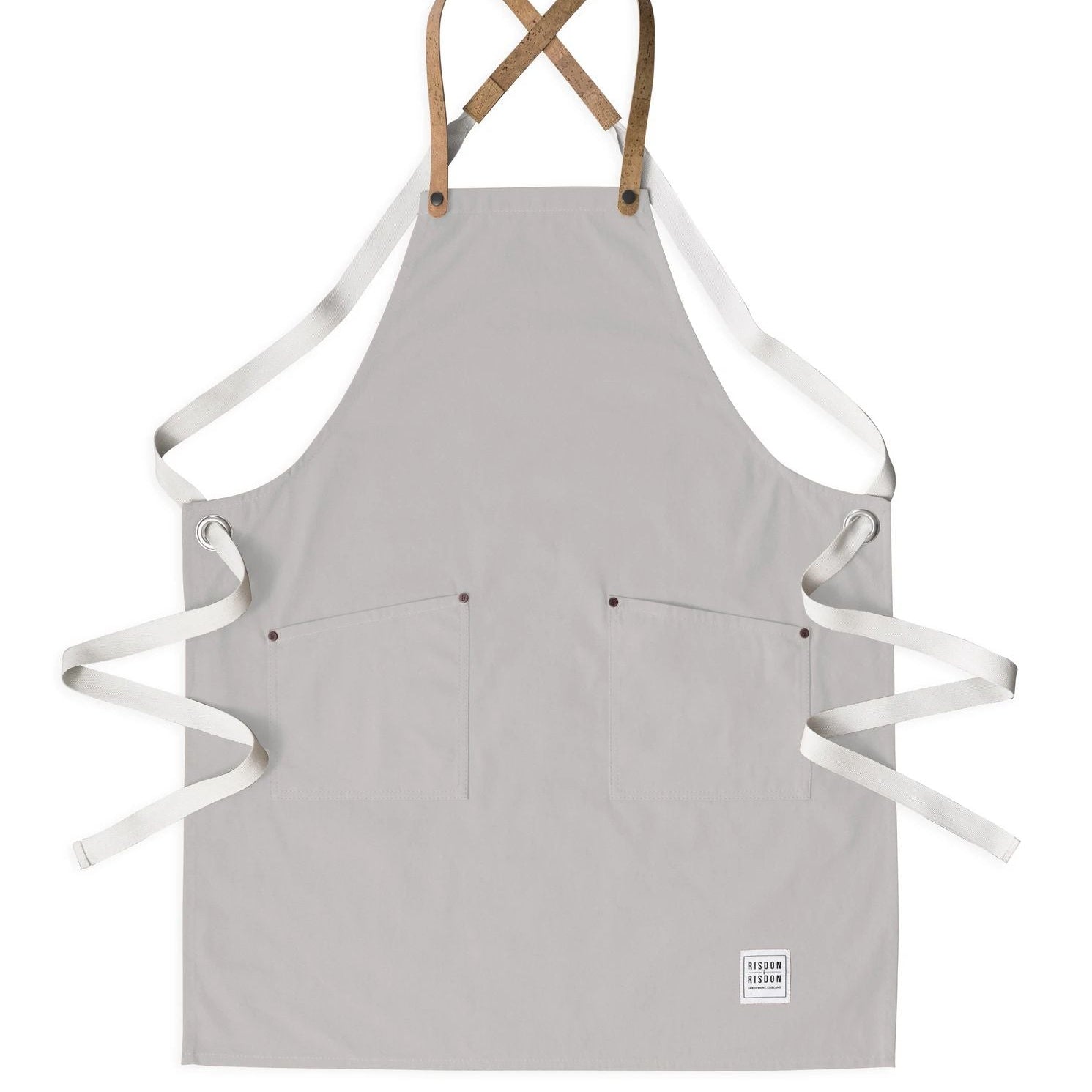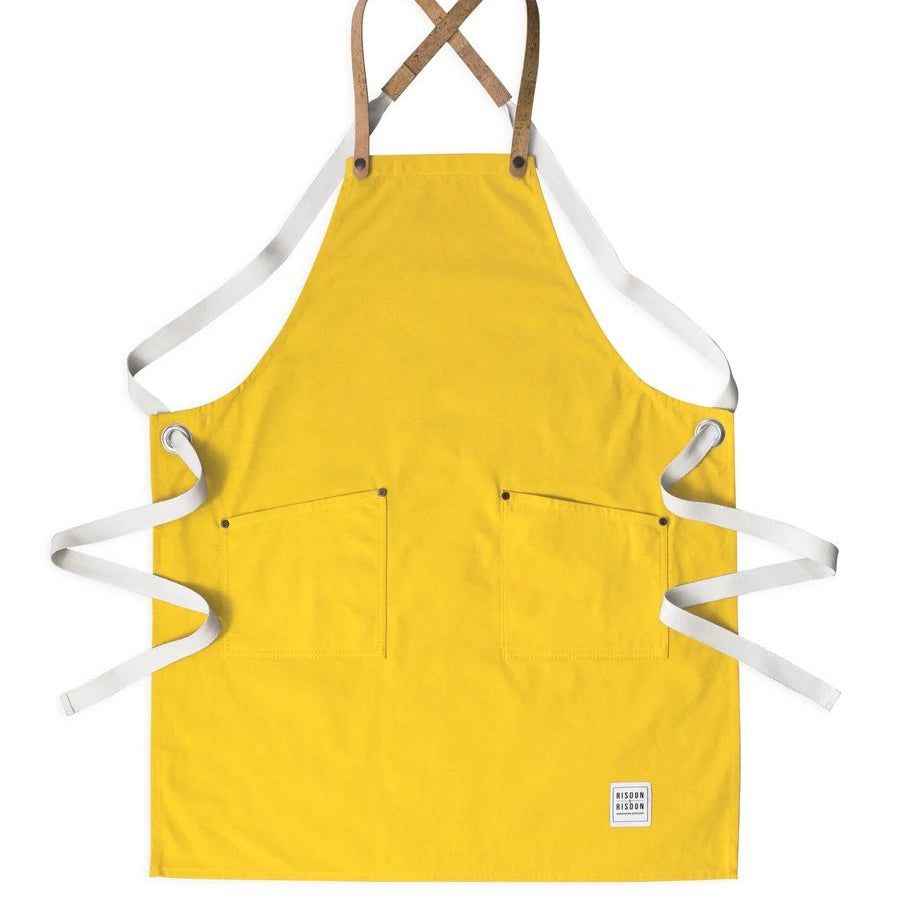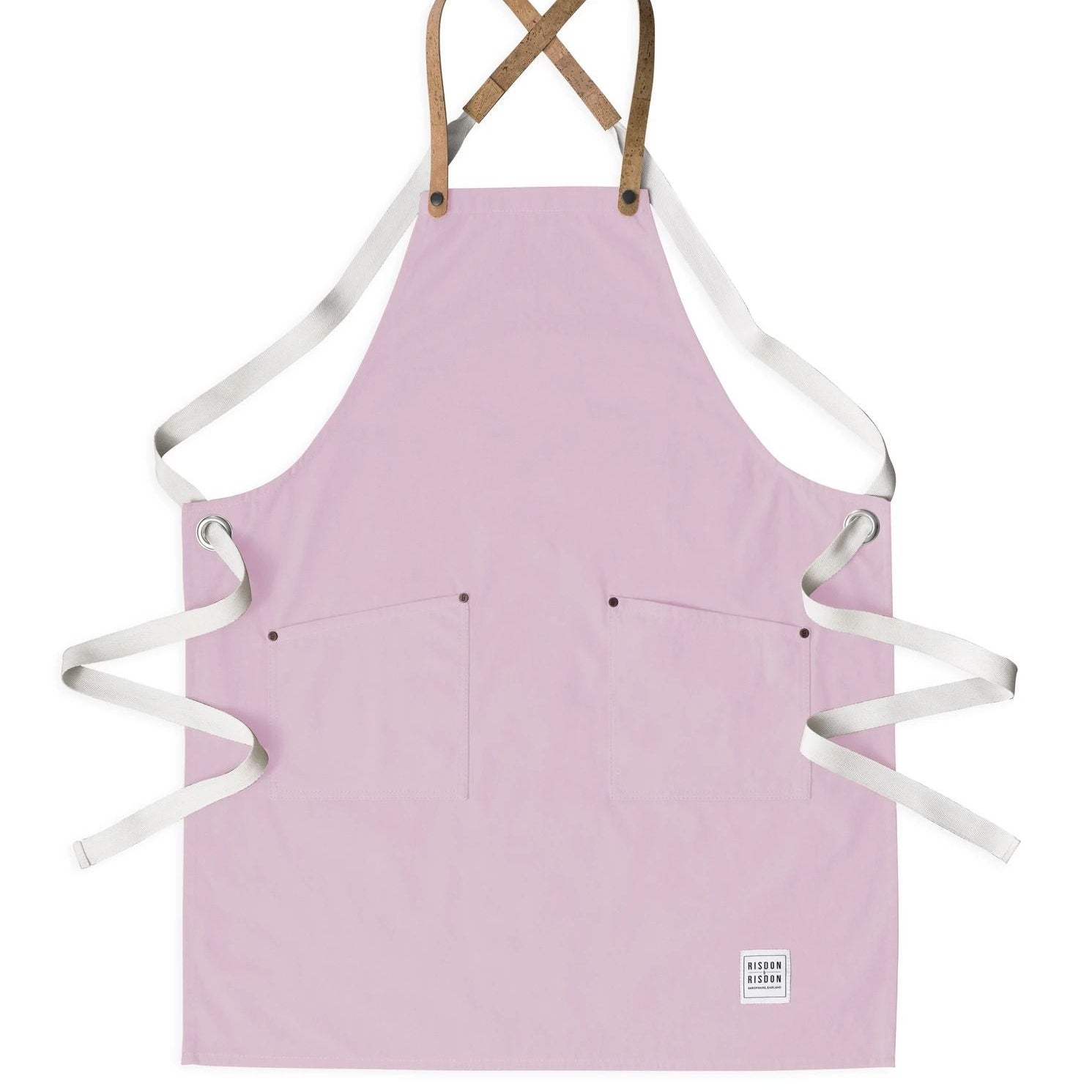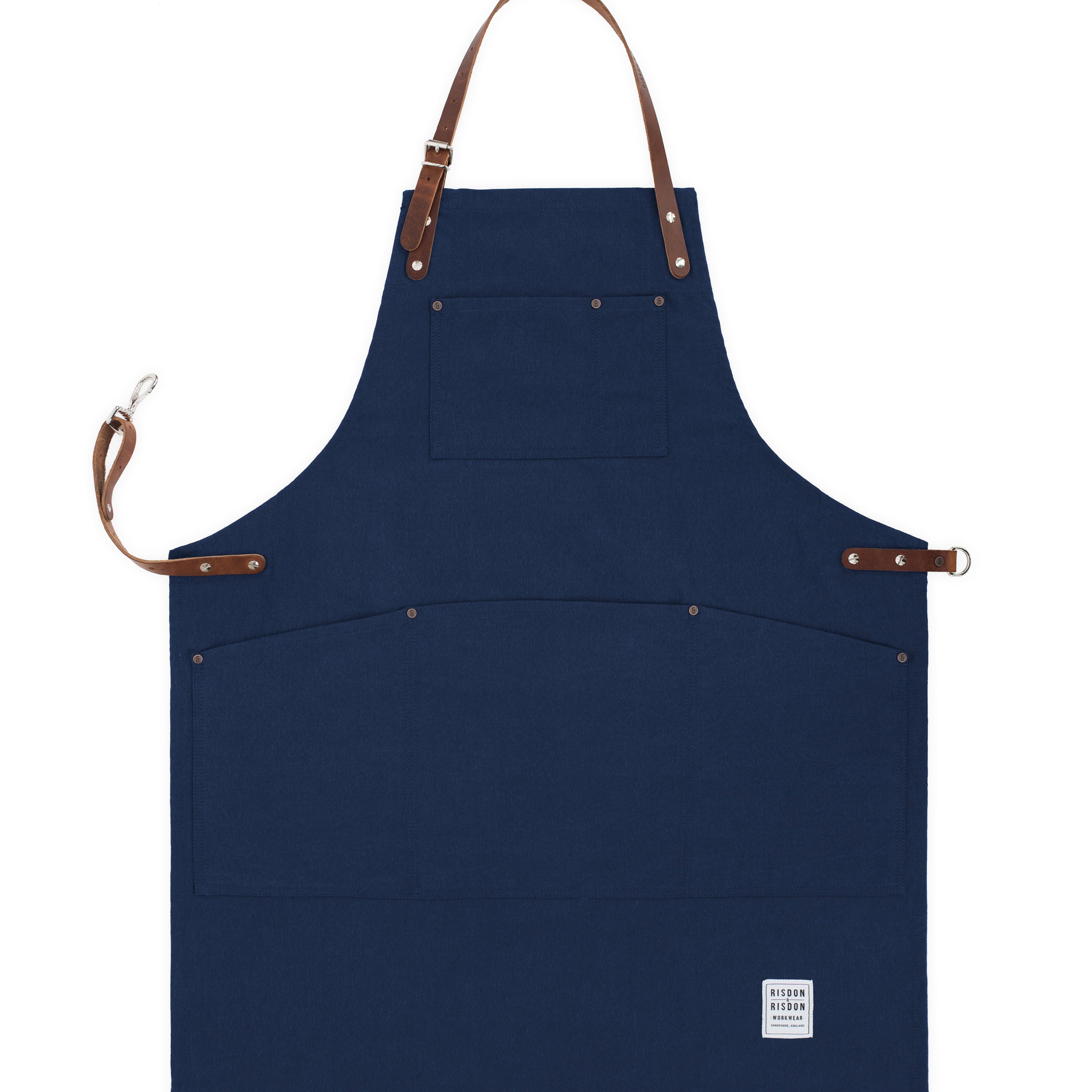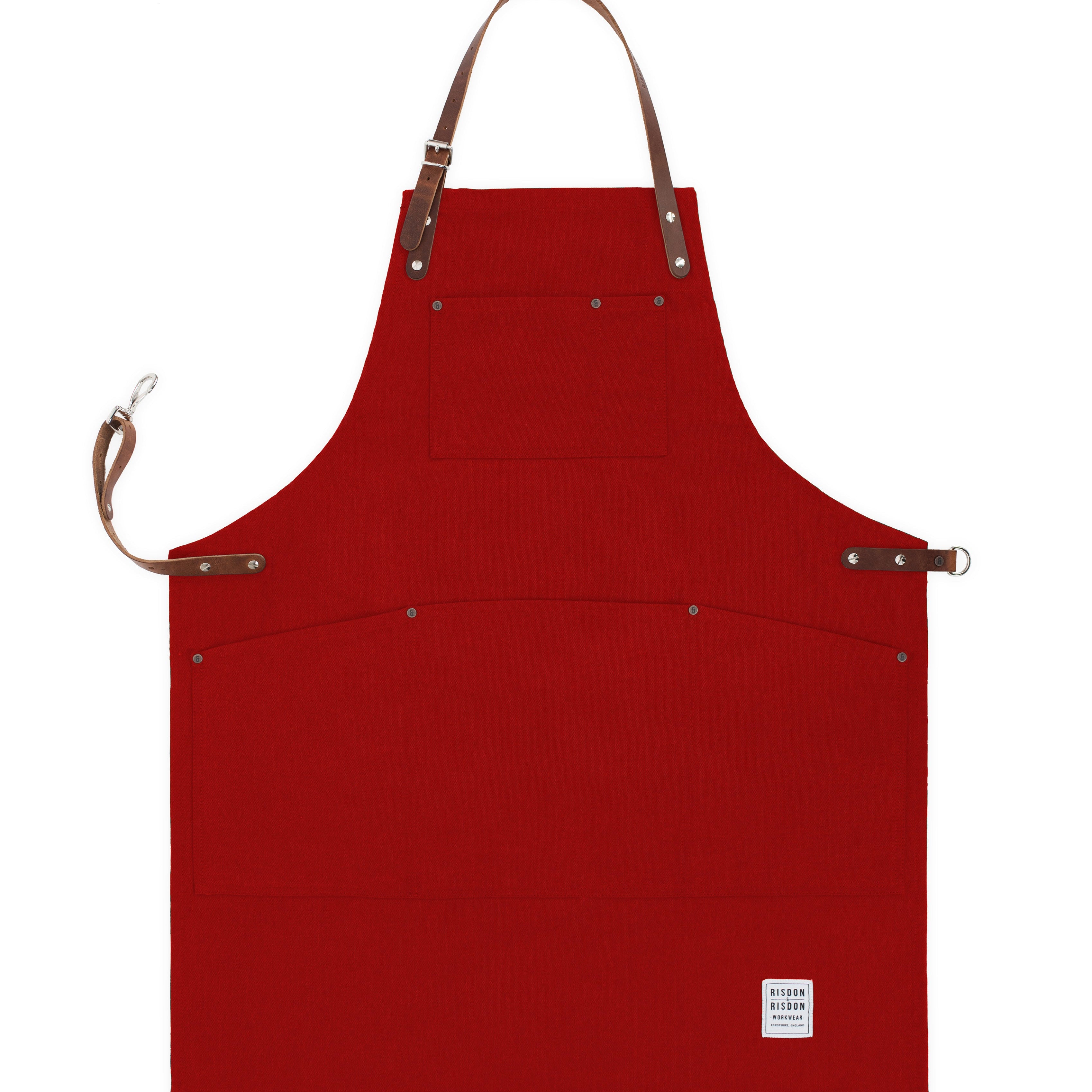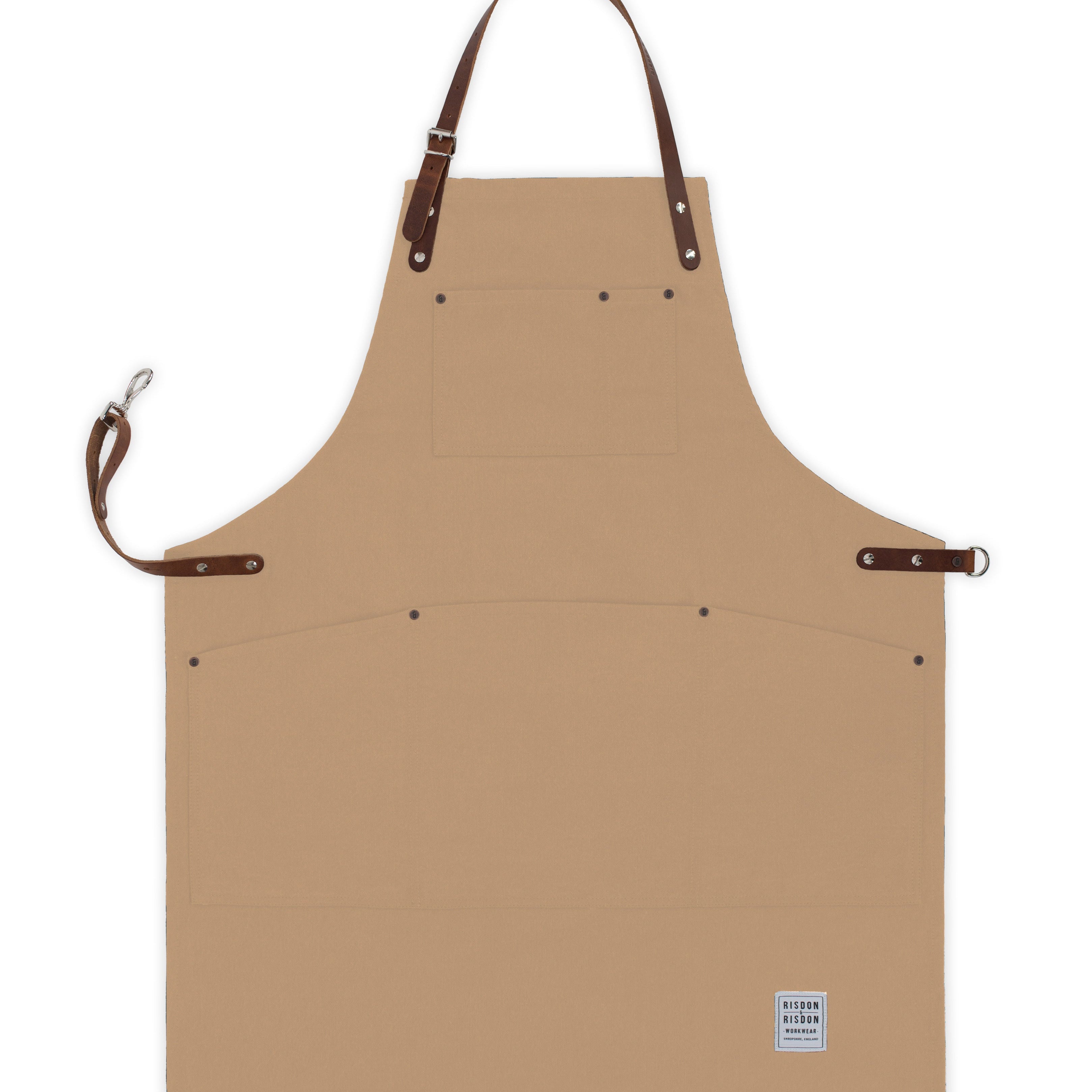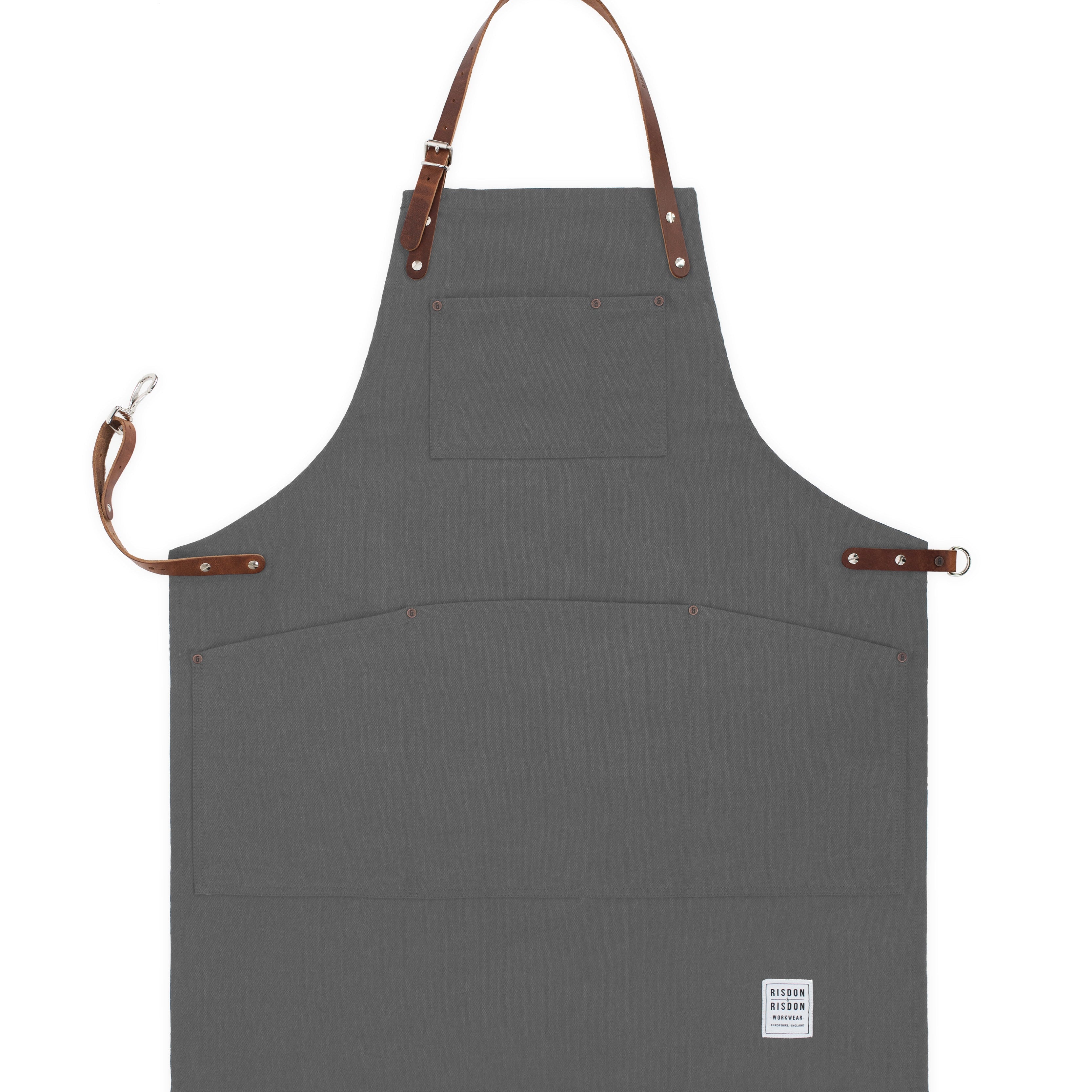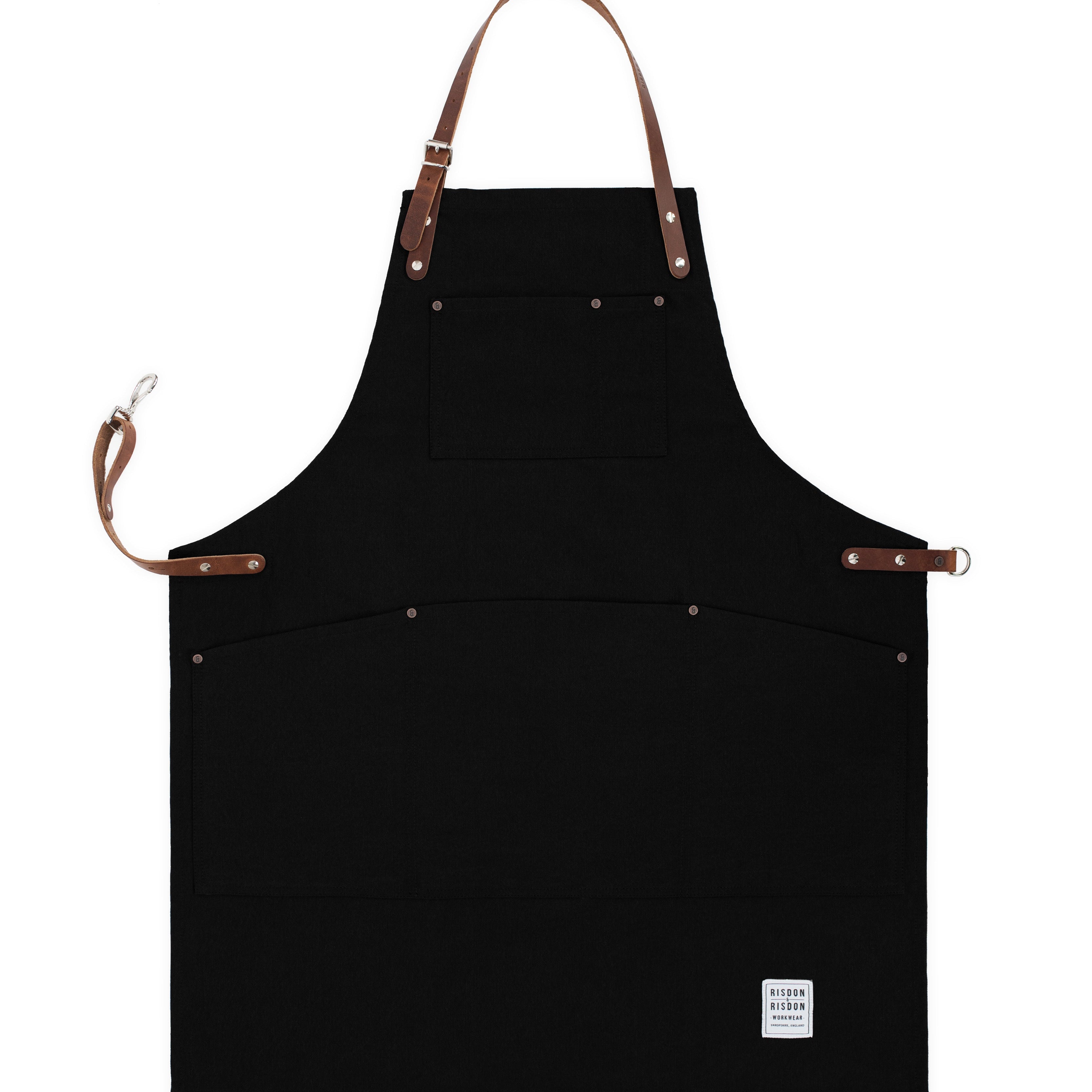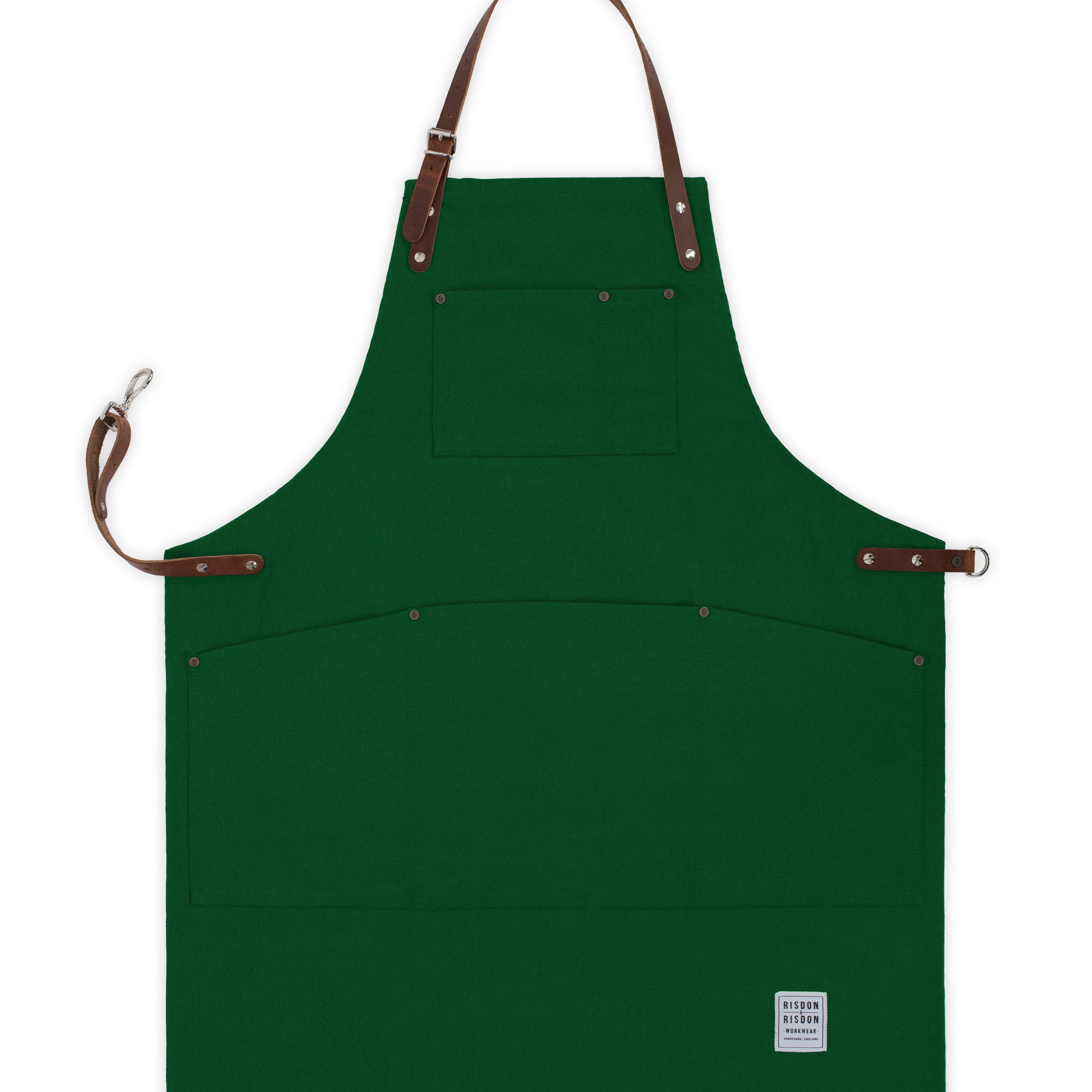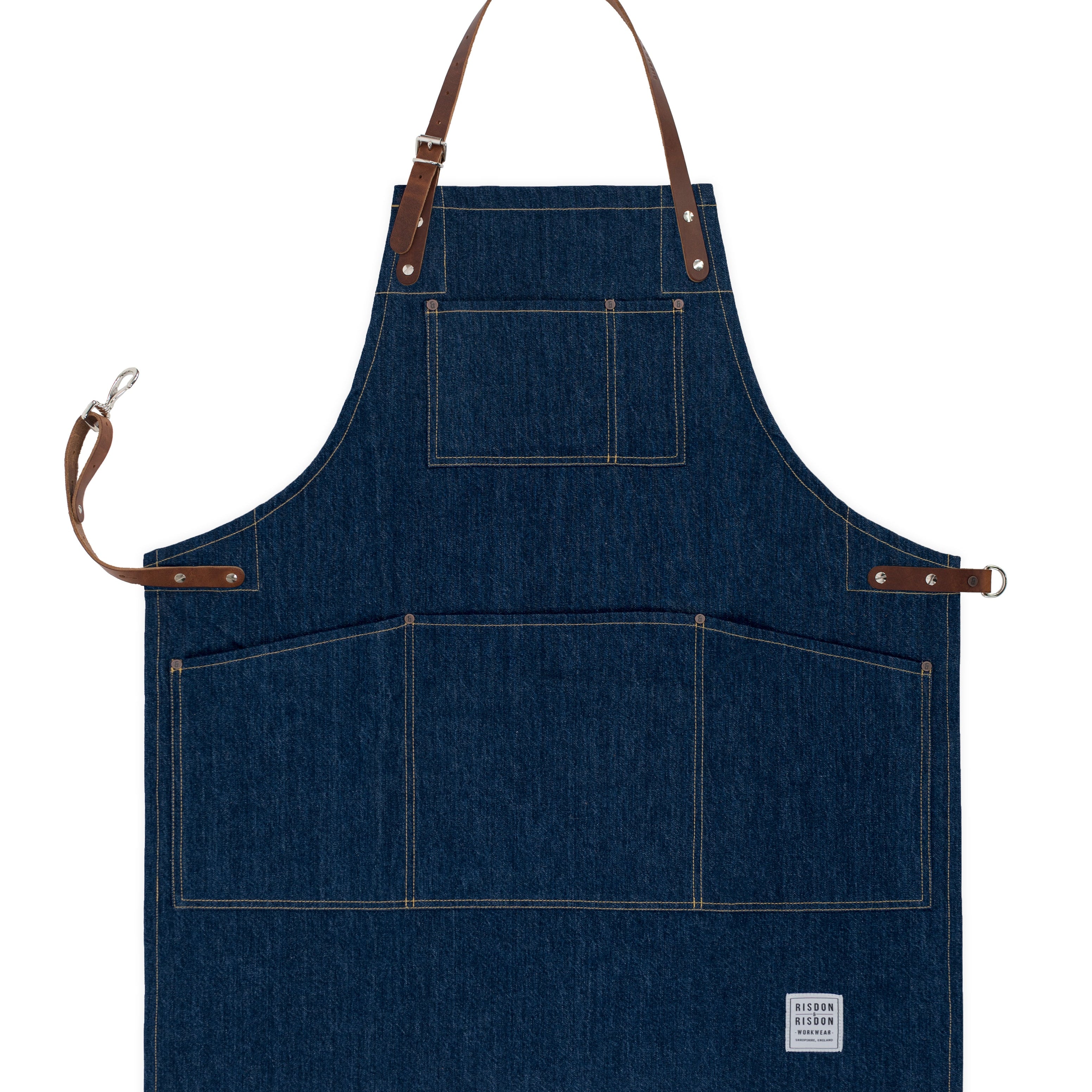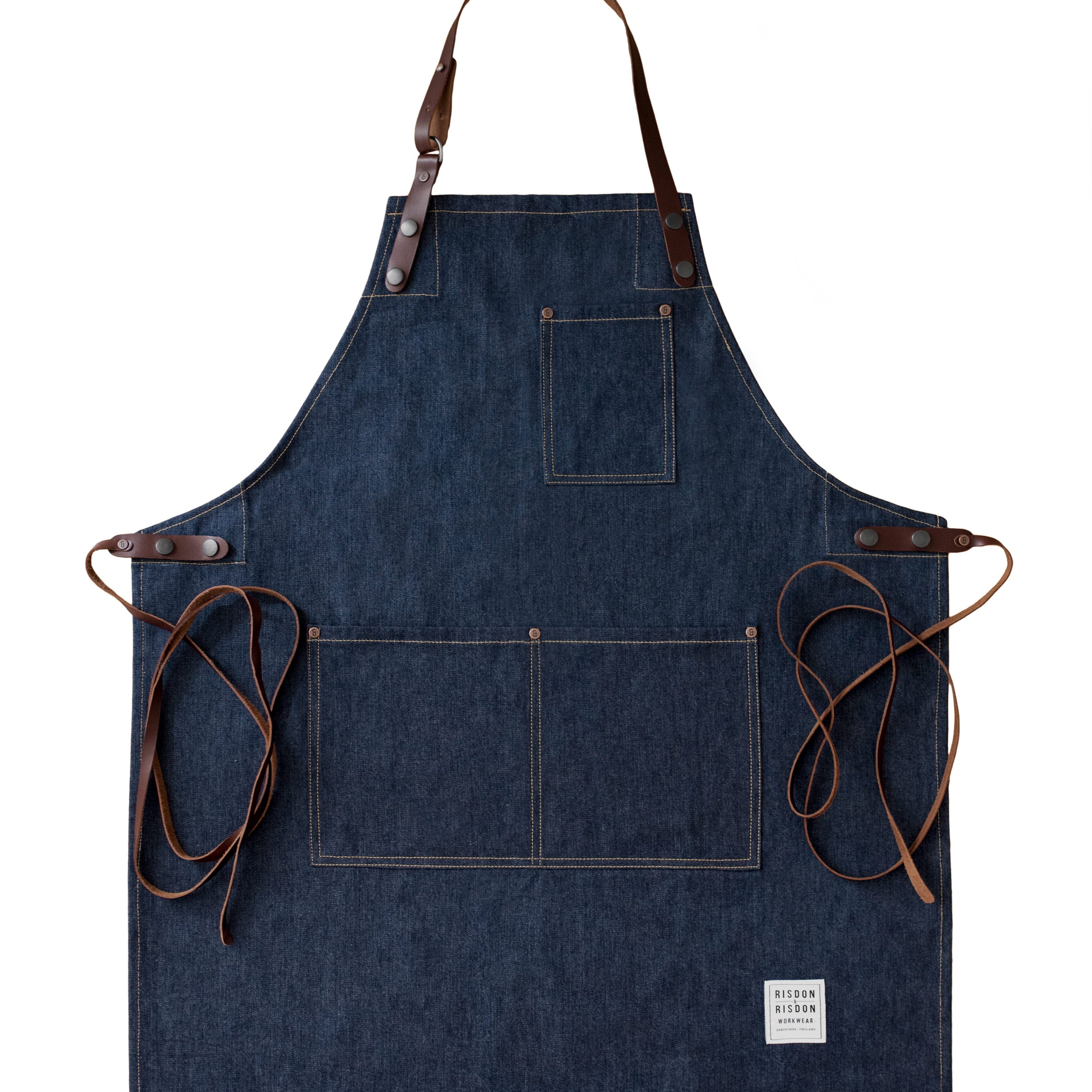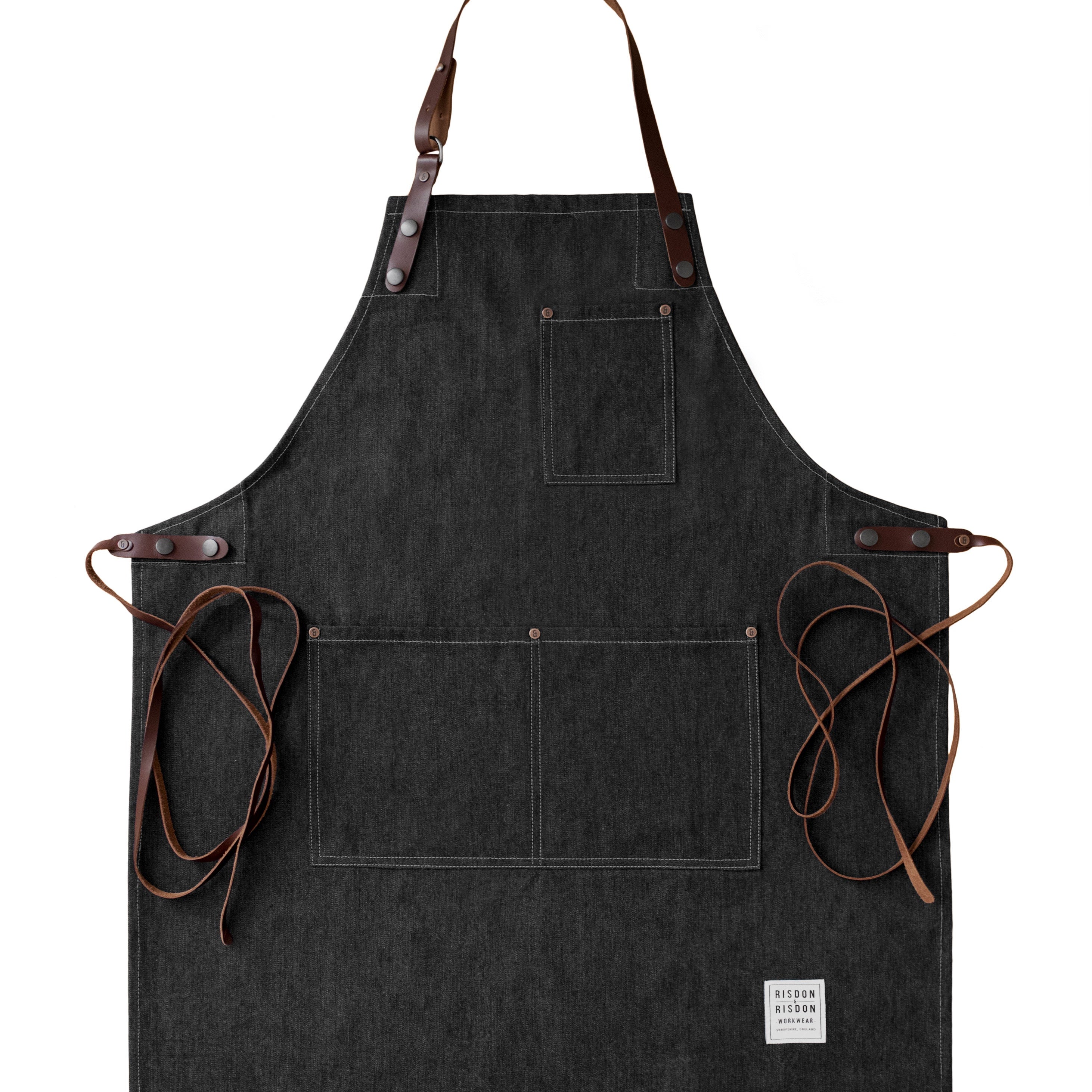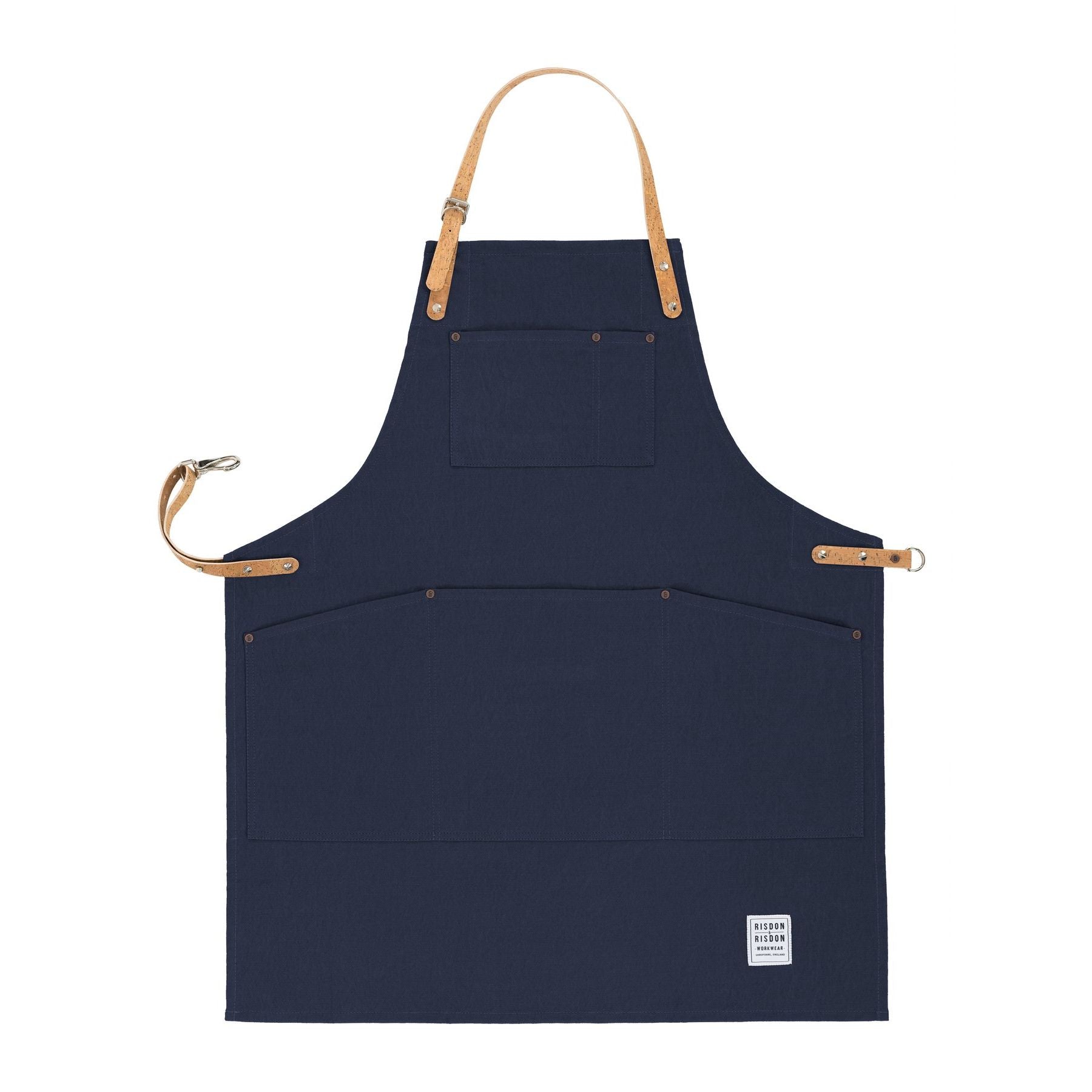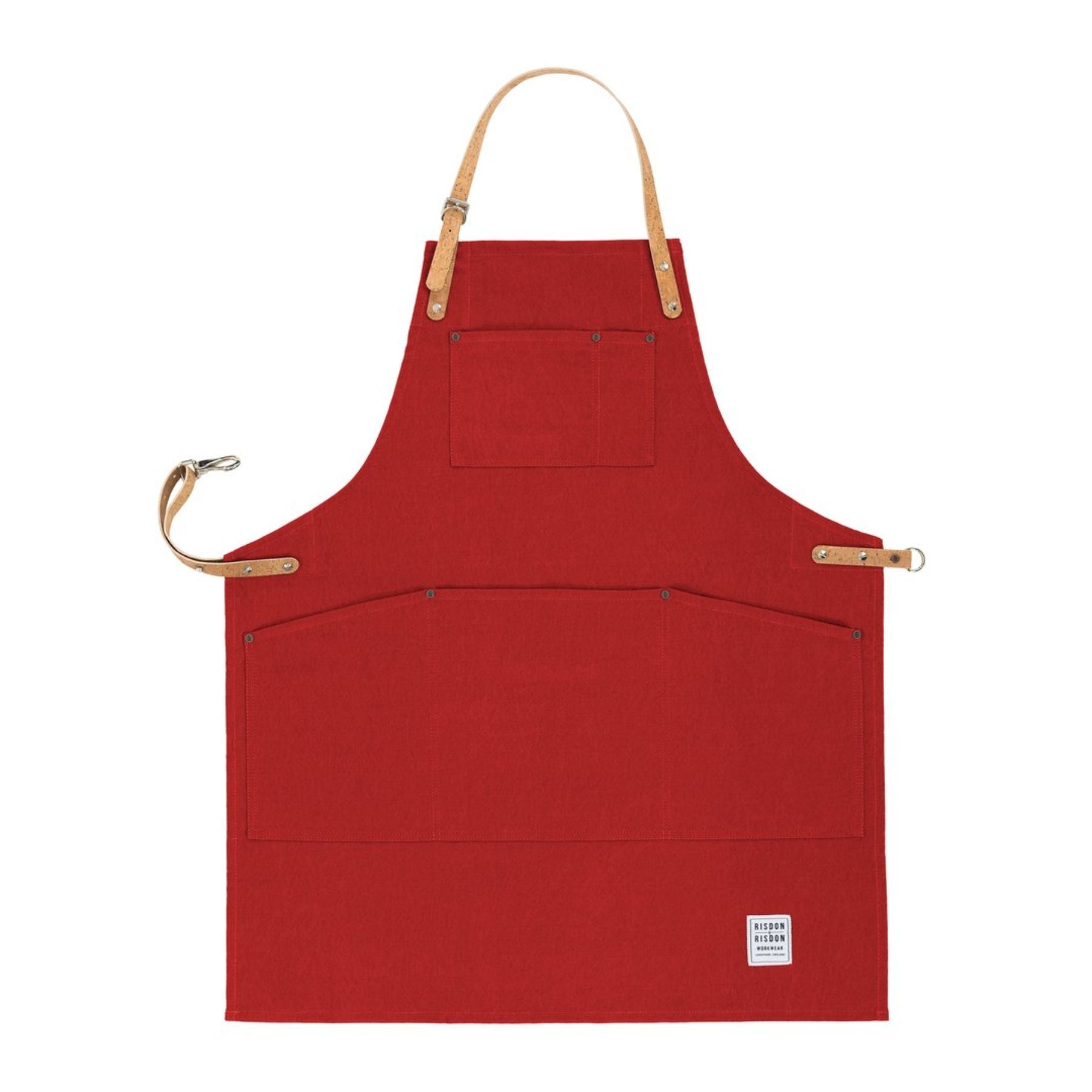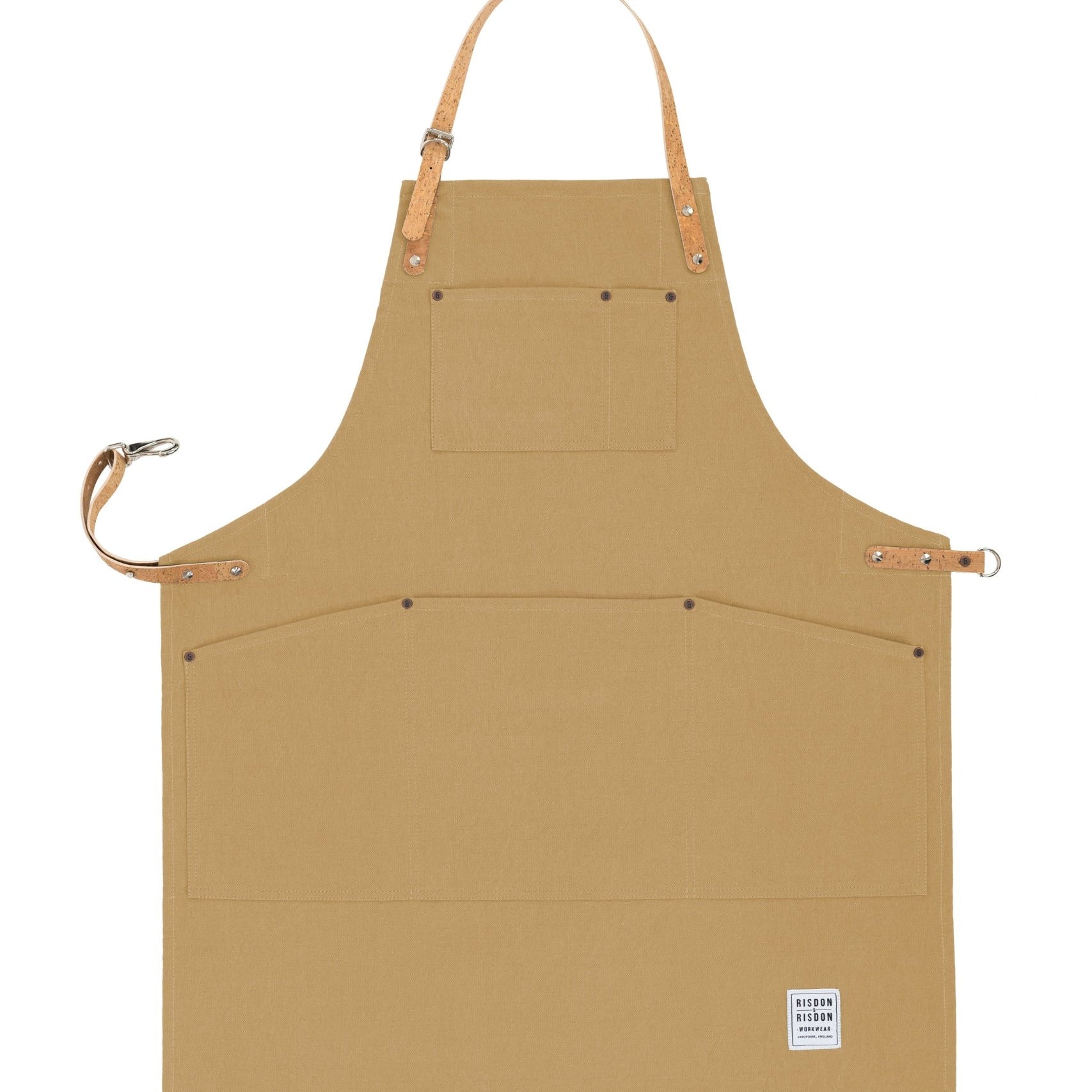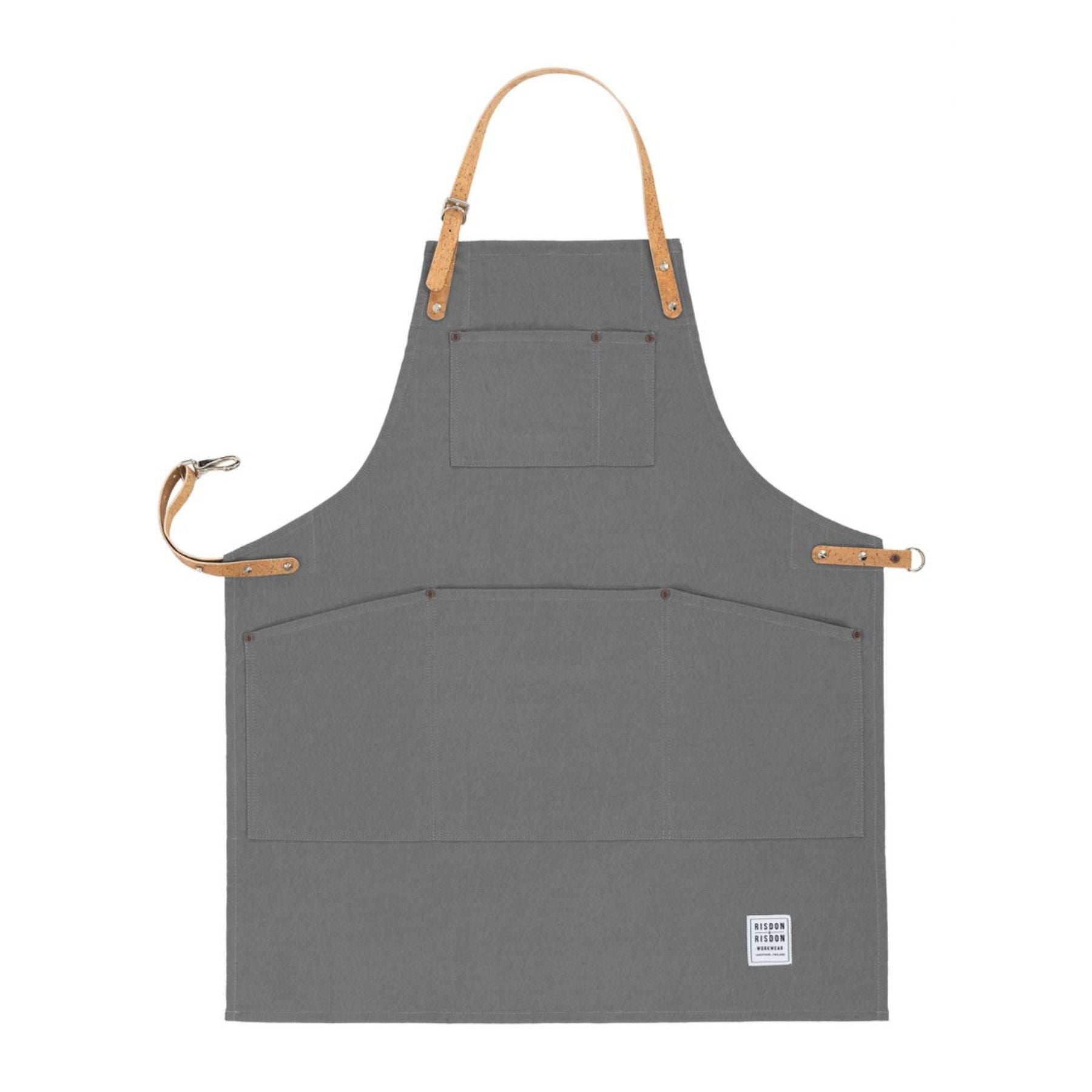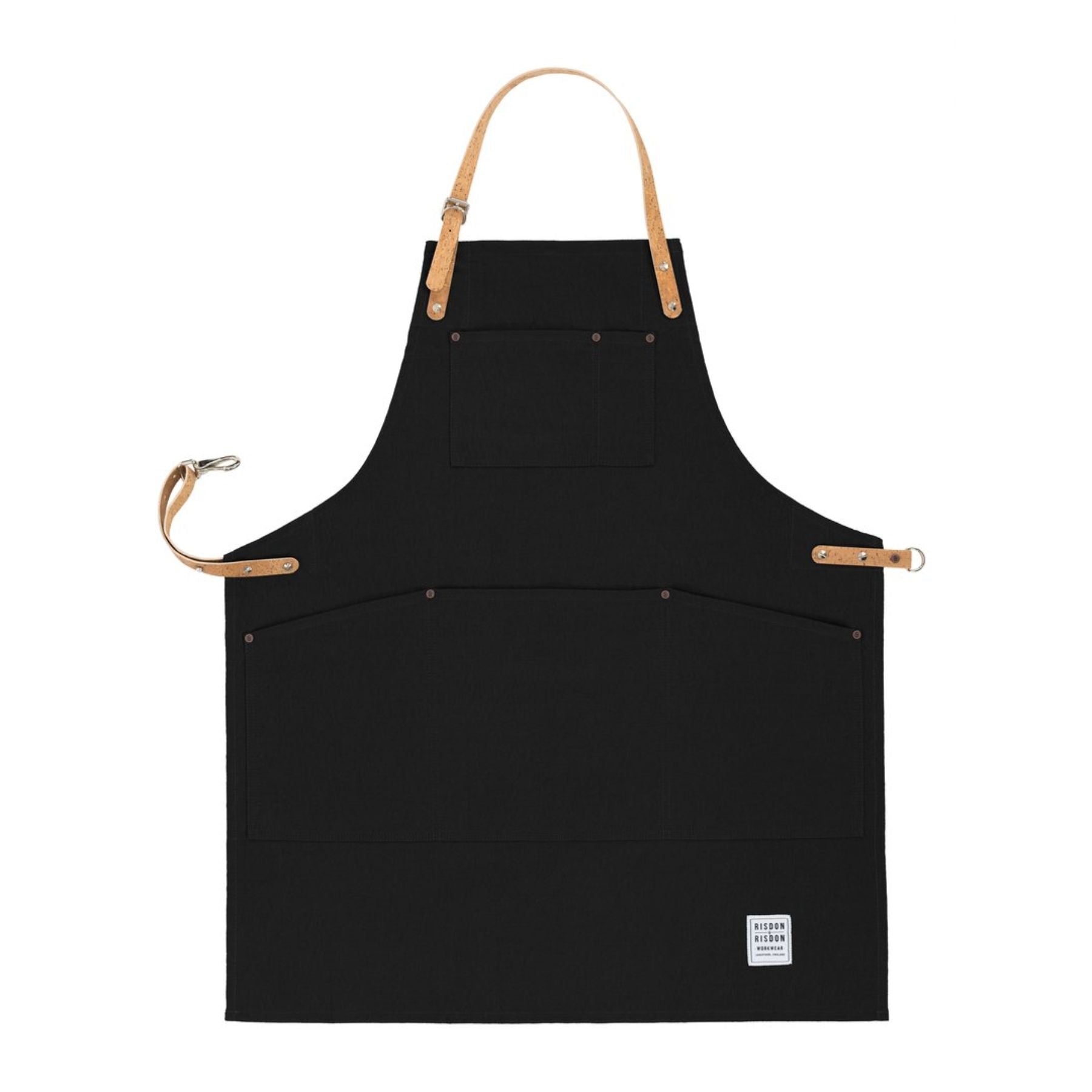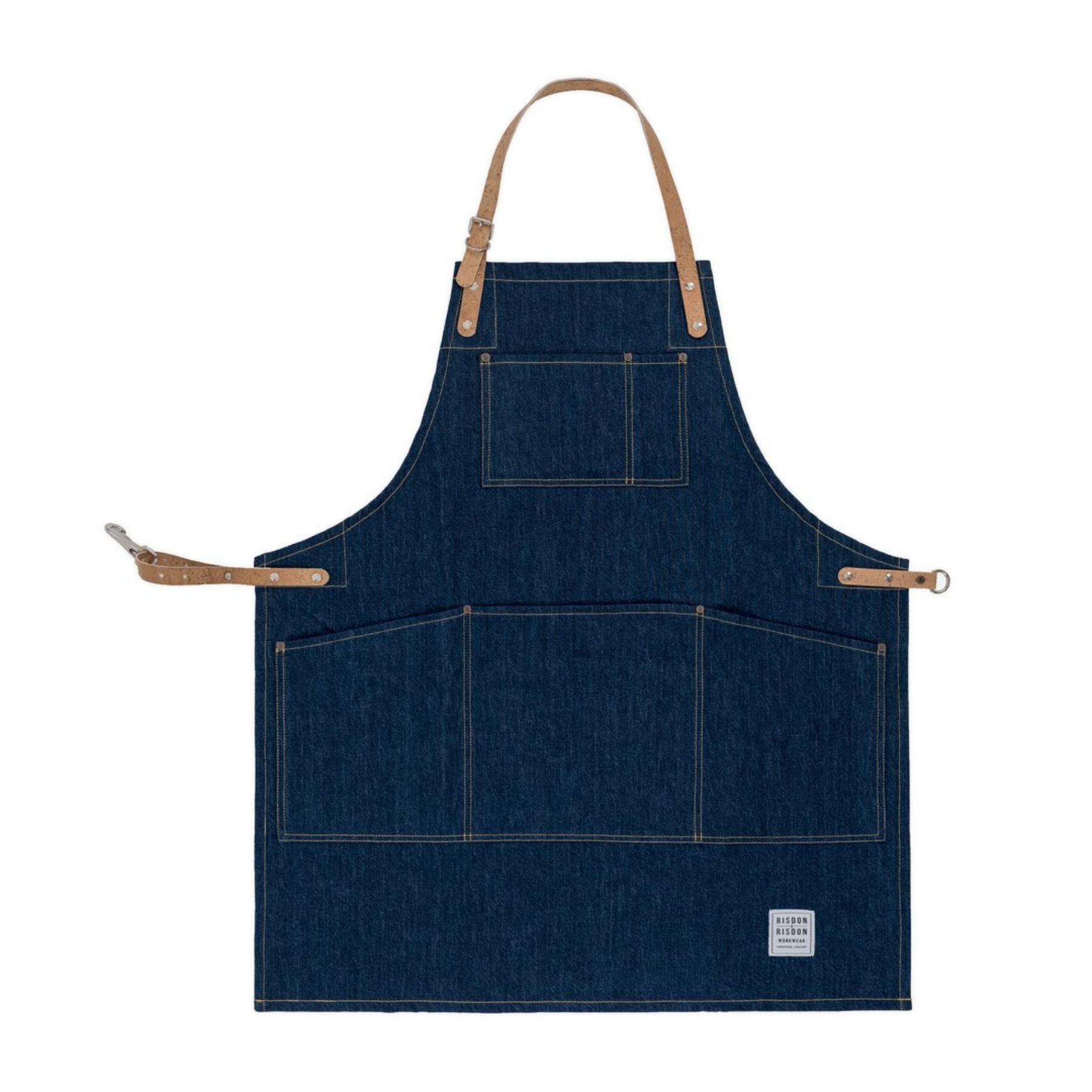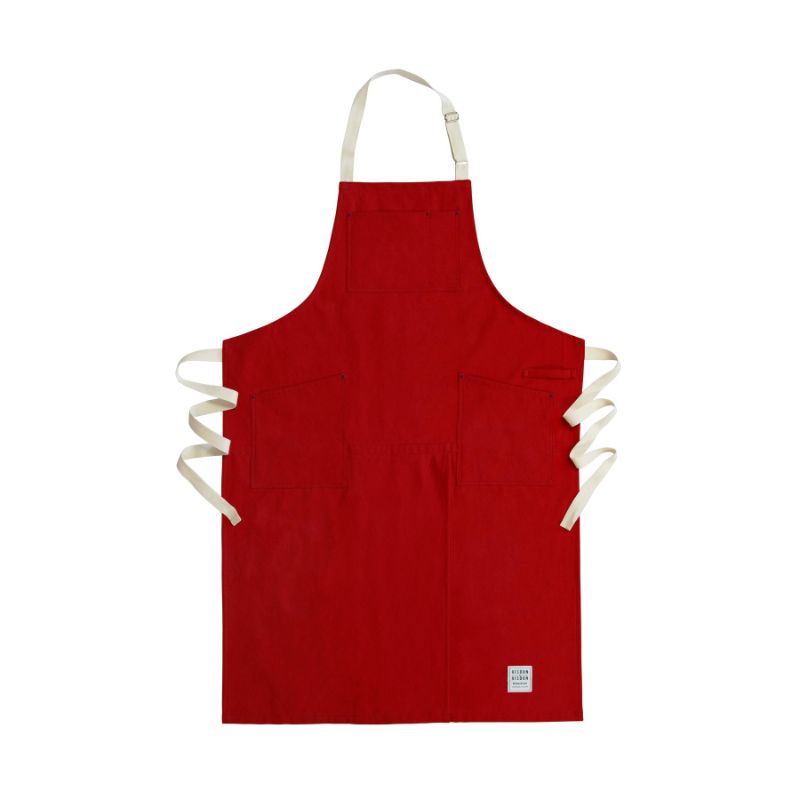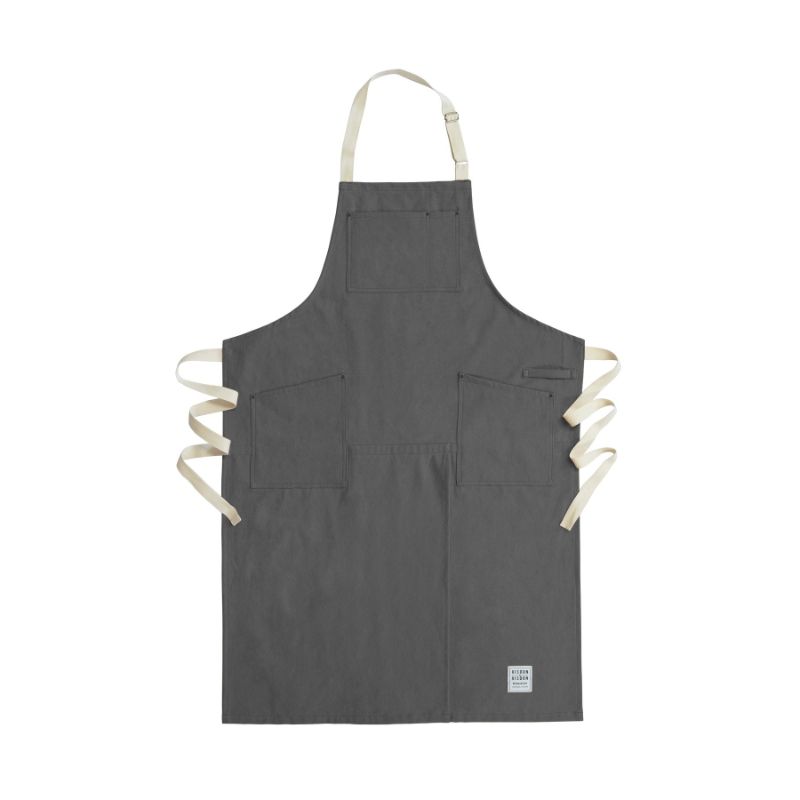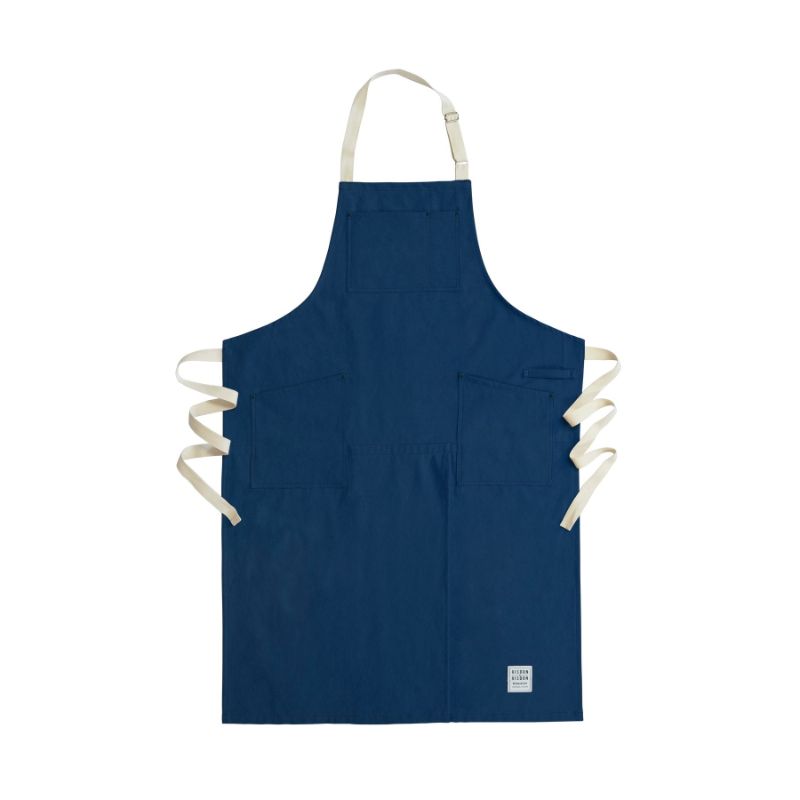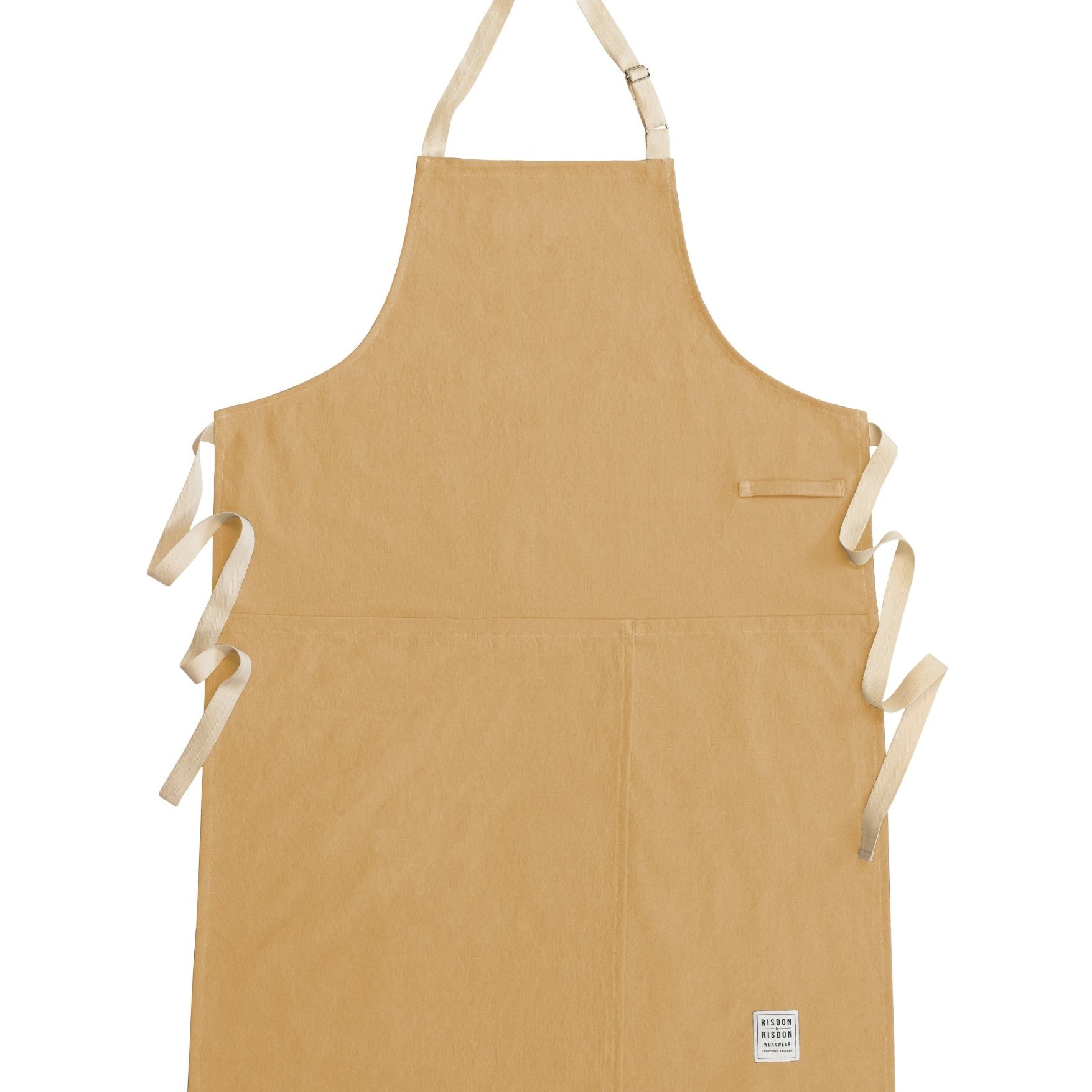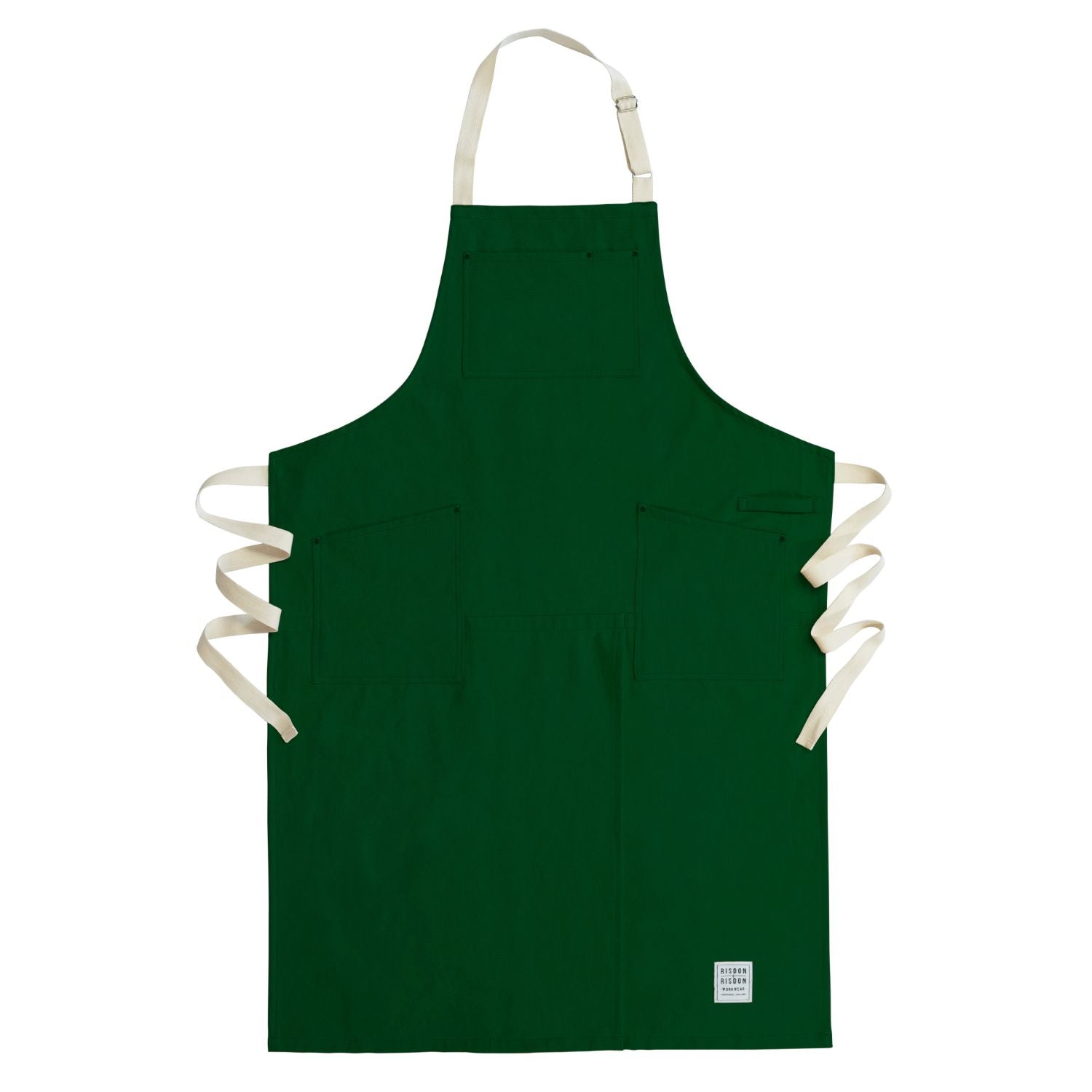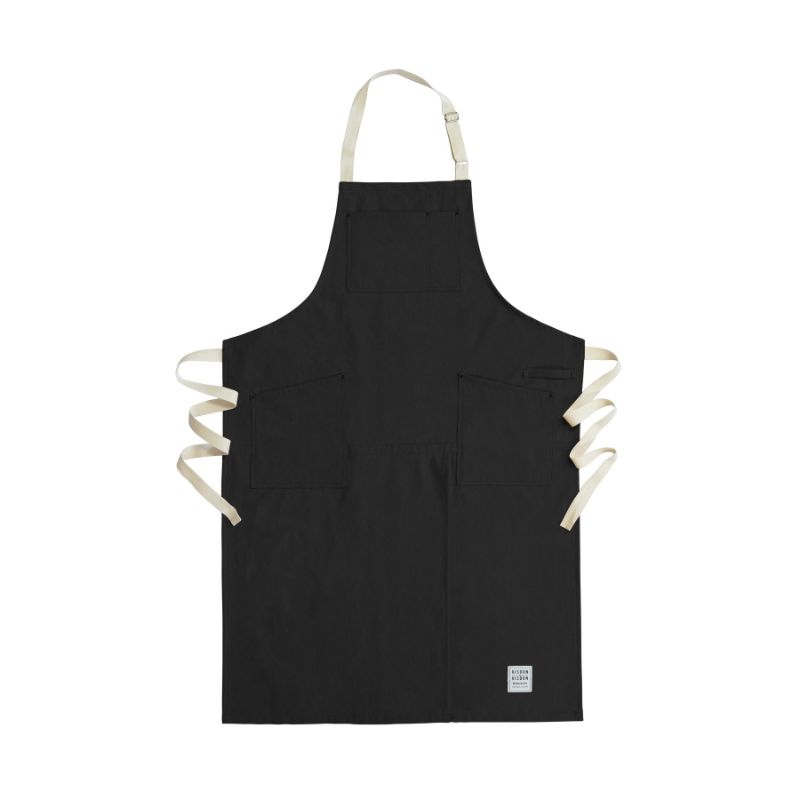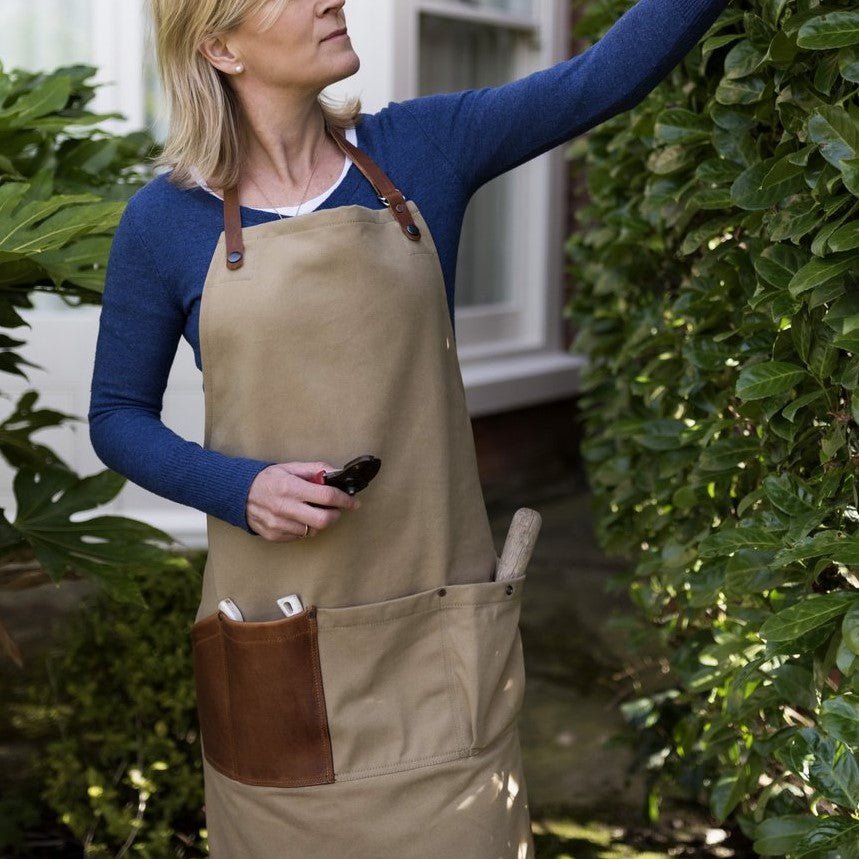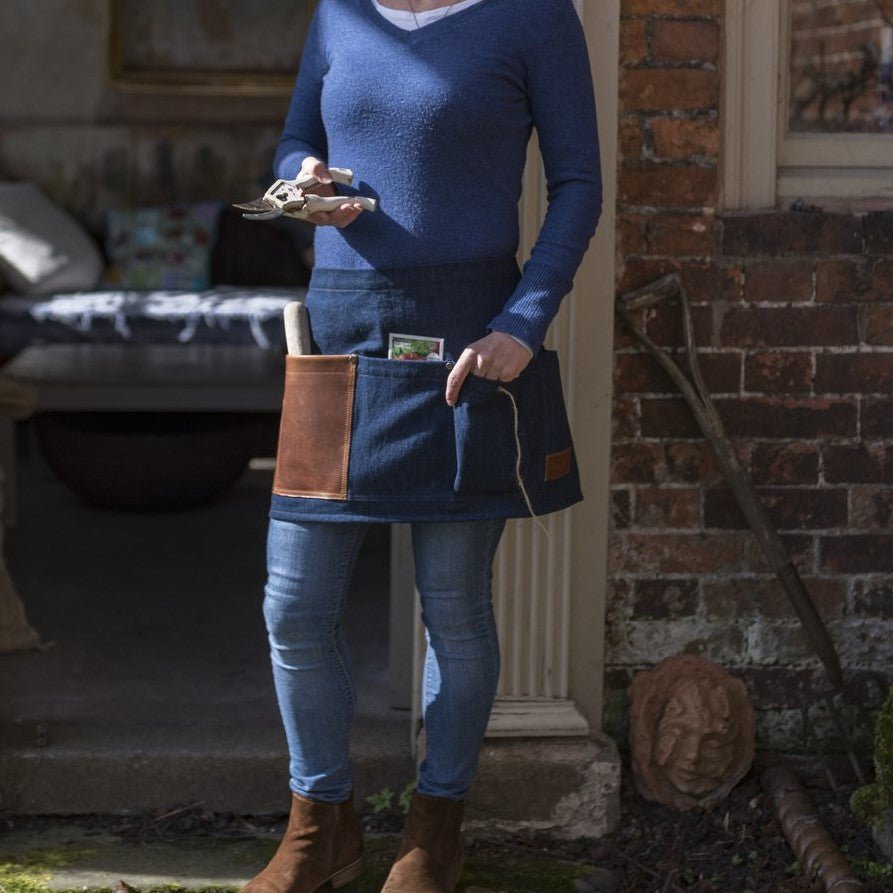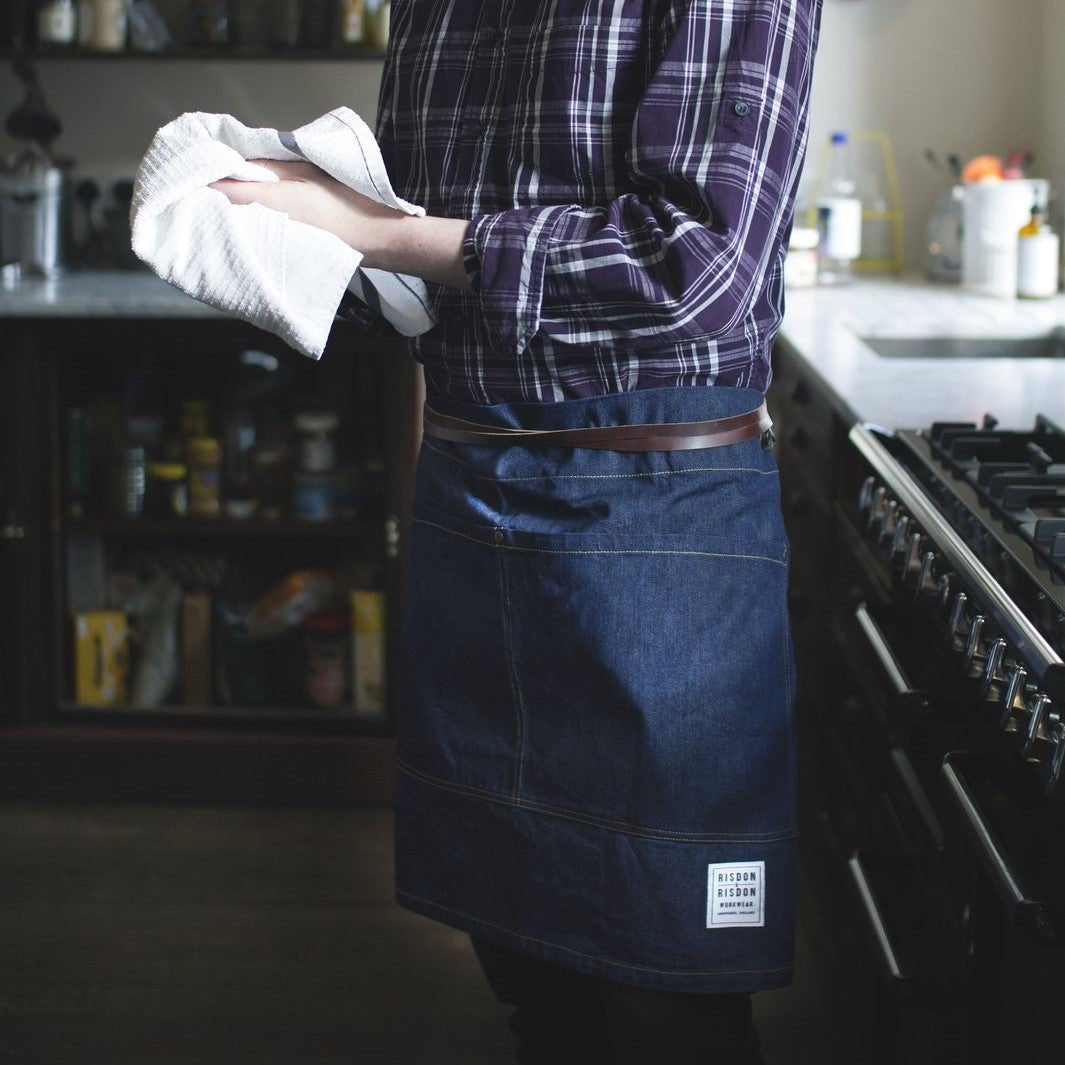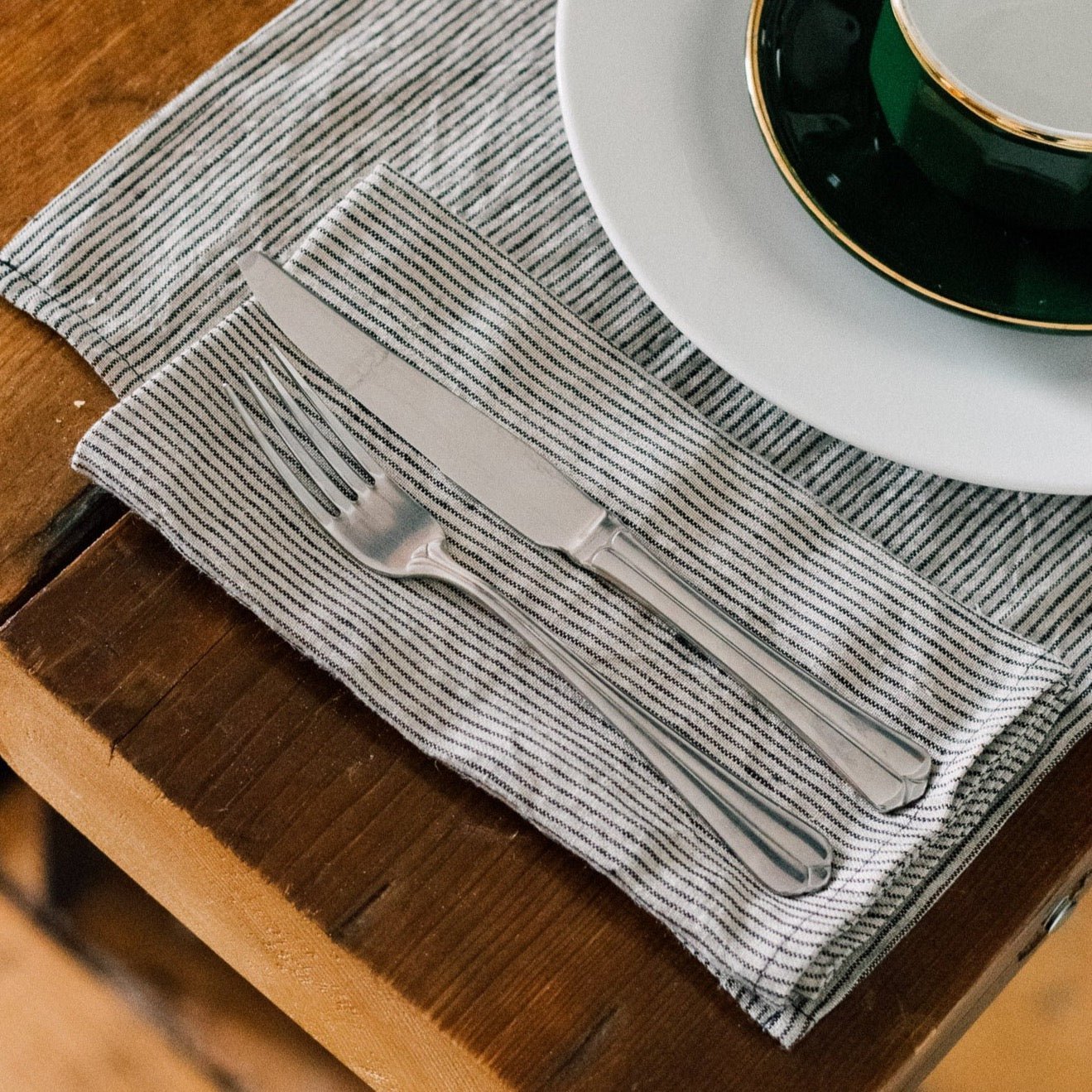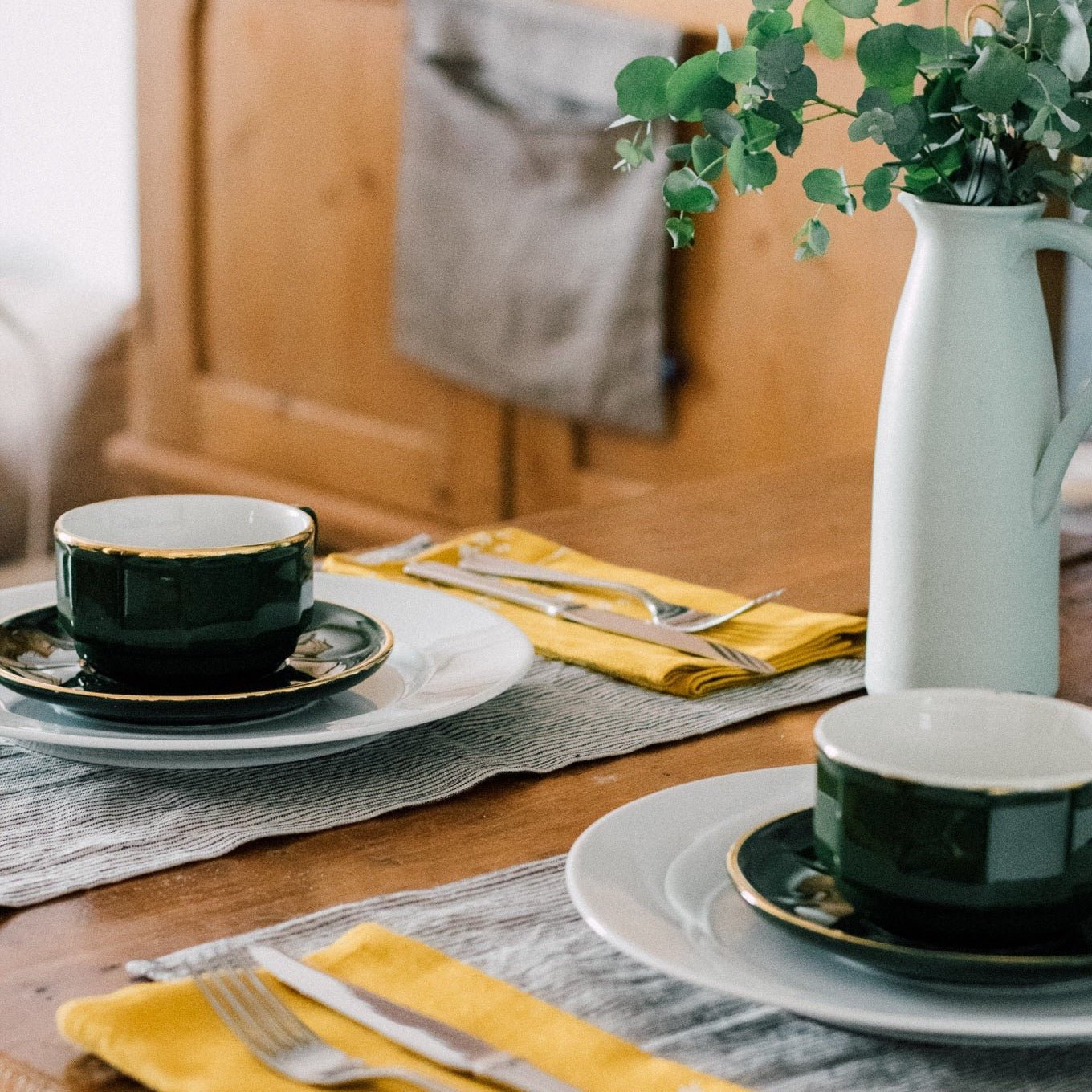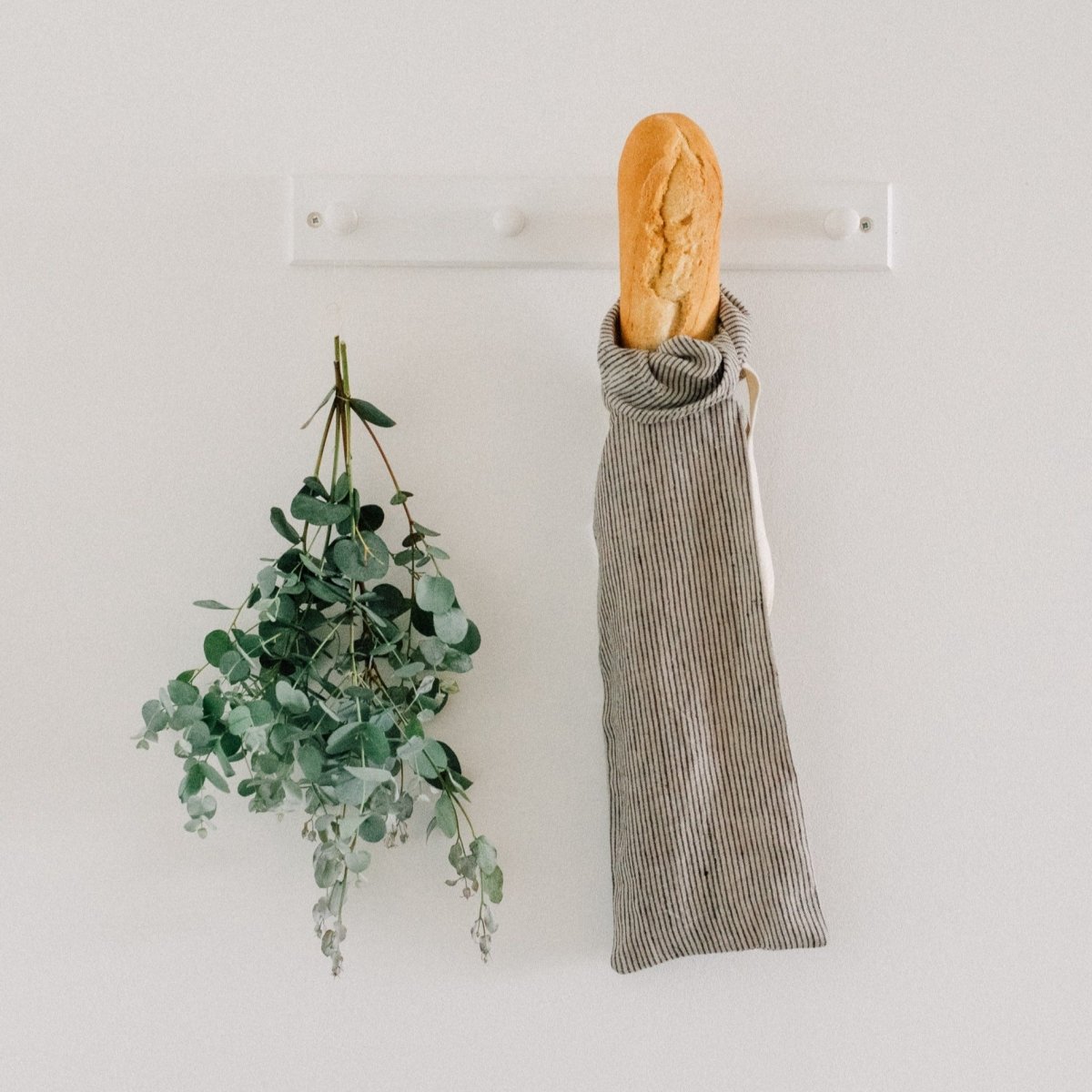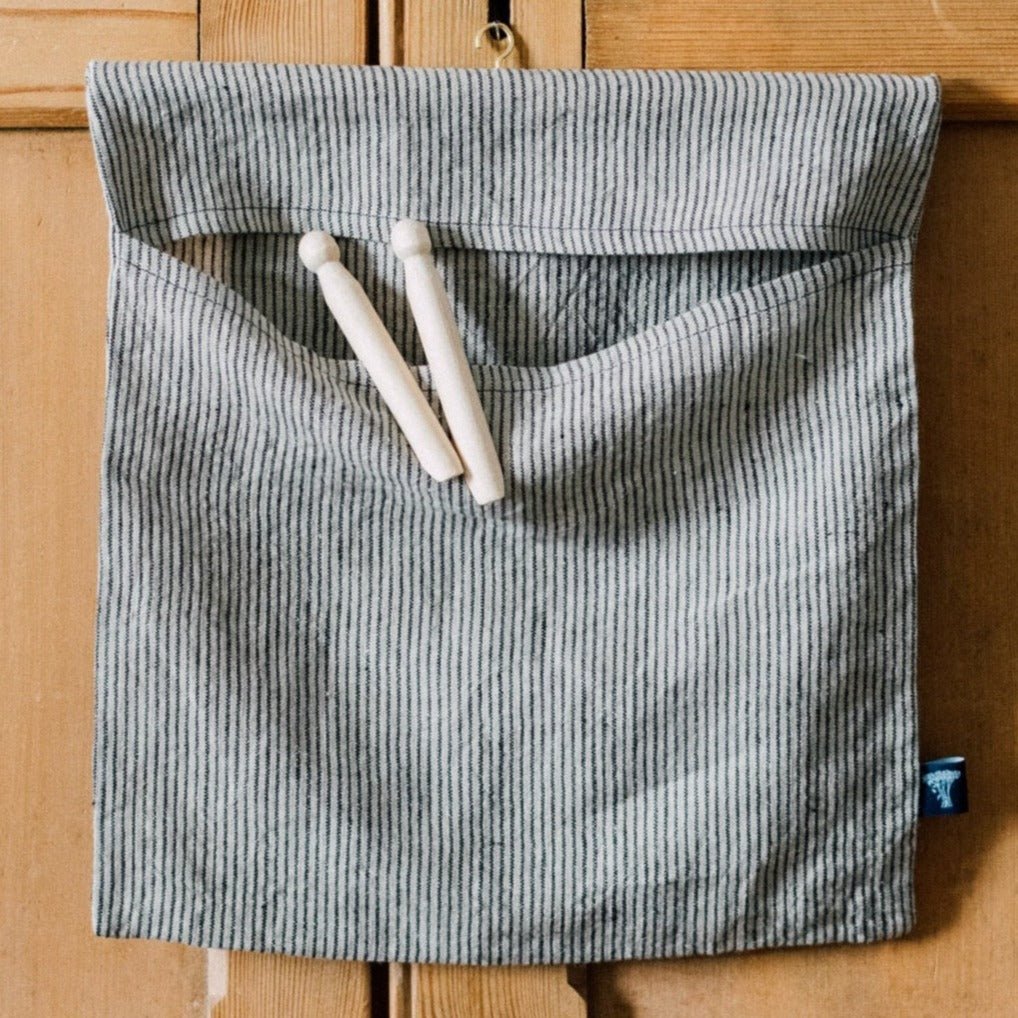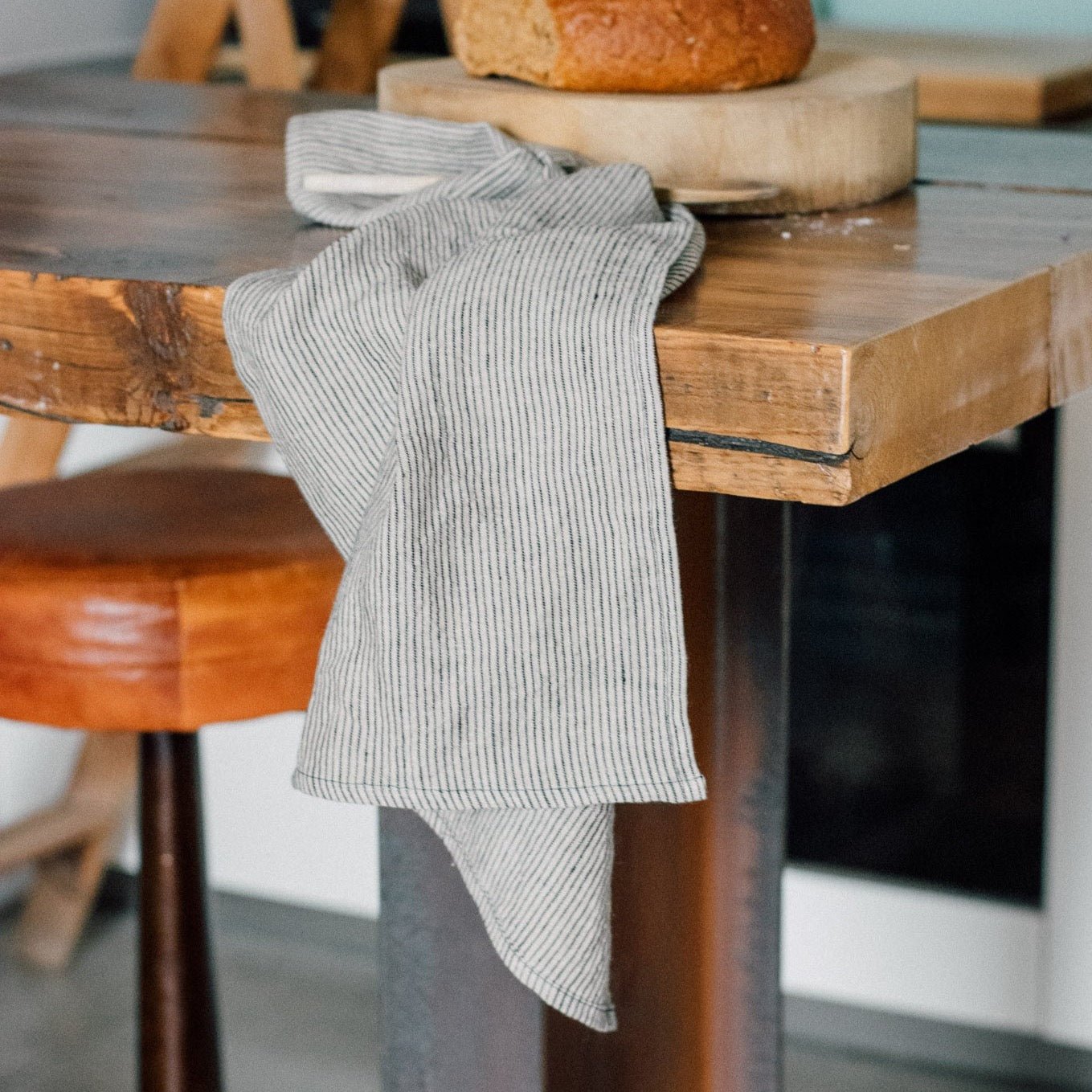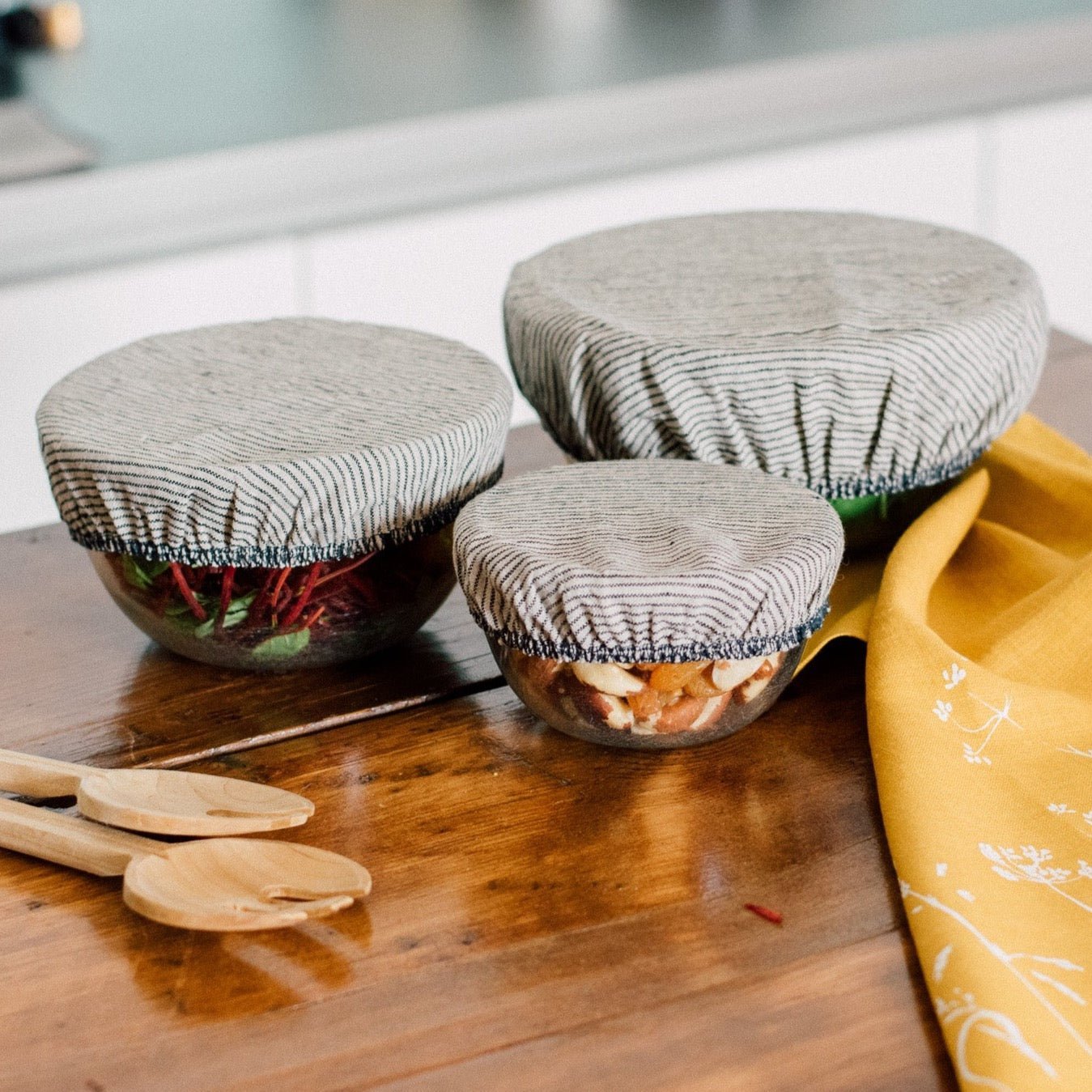Kitchen Linen & Aprons
Proper kitchen gear that works hard and wears well. These linen tea towels and aprons are made to be used daily and hold up over time. The tea towels are hand-printed in Cornwall and only get softer, while still drying properly. The aprons come from a small UK workshop and feel sturdy from the first wear – solid, dependable kit for people who actually cook. Good for your kitchen, and better for the planet too.
FAQs about Kitchen Linen & Aprons
What’s the difference between a tea towel and a regular kitchen towel?
The key difference between a tea towel and a regular kitchen towel is their fabric and job description. Tea towels are usually lightweight linen or cotton, perfect for drying glassware or wiping hands. Regular kitchen towels, often thicker terry cloth, are better for soaked-up spills and big dish loads. Tea towels are smoother and get more absorbent over time, while kitchen towels are bulkier for heavier lifting. Both earn their keep, but well-cared-for tea towels can outlast the rest.
How should I care for linen tea towels to keep them absorbent and fresh?
To keep linen tea towels absorbent and fresh, wash at 40°C with mild detergent and skip the fabric softener - it clogs the fibres. Line drying is gentler than a tumble dry, though either works. Ironing’s purely optional, but it does smarten things up. Linen actually gets better with age, becoming more absorbent the more it’s used. Give them a wash before first use to soften them up. For more advice, pop over to our Product Care and Repair hub.
What materials make for the most durable kitchen aprons?
The most durable kitchen aprons are made from heavyweight cotton canvas, sturdy linen, or tough denim. These materials take splashes and spills in their stride while holding their shape for years. Look for extras like bar-tack stitching, adjustable straps, and metal hardware to boost longevity. Natural fibres wear in, not out, softening with age without getting feeble. With half-decent care, a quality apron like this will see you through years of dinner disasters.
Where’s the best place to store tea towels in a small kitchen?
The best place to store tea towels in a small kitchen is somewhere they can dry out quickly and stay within reach. Try a hook inside a cupboard door, a wall rail, or just drape them over the oven handle. If there’s spare drawer space, a shallow one near the sink is handy - just make sure the towels are bone dry before stashing them. Damp tea towels can go musty fast, and no one wants that pong.
How do I keep my tea towels looking white and stain-free?
To keep tea towels looking white and stain-free, soak them in warm water with bicarbonate of soda before washing. For persistent marks, try white vinegar or an oxygen-based stain remover. A 60°C wash once in a while won’t hurt, and drying them in sunlight helps naturally lift stains (and feels rather wholesome). Go easy on bleach - it wears down fibres over time. Rotate your towels regularly so one poor soul doesn’t get all the hard graft. See more natural stain treatments and care tips.
Can I machine wash aprons with other clothes safely?
Yes, you can machine wash aprons with other clothes safely - just stick to 30–40°C and sort by colour. Cotton and linen aprons are happiest with similar fabrics. If your apron has leather straps or metal fastenings, check the label first. Avoid chucking in oily aprons with delicates unless you fancy a surprise. The sooner you wash a splattered apron, the less likely stains will hang about. A quick wash each week keeps kitchen gear spick and span.
Which tea towels and aprons are truly built to last a lifetime?
Tea towels and aprons built to last a lifetime are made from tough, natural fabrics like linen or heavyweight cotton, with solid stitching and smart design touches. You can find them in our thoughtfully chosen kitchen linen collection, where every piece is built to weather daily use for years.

